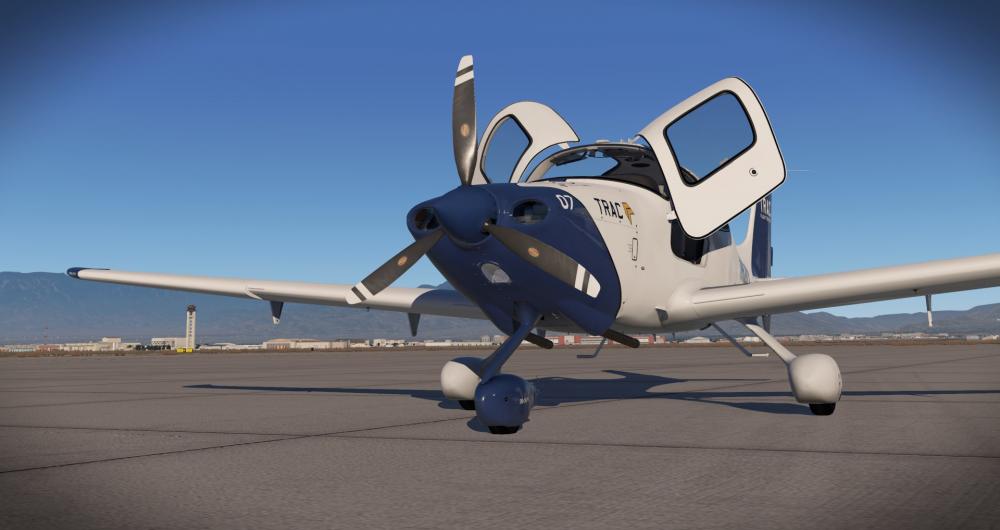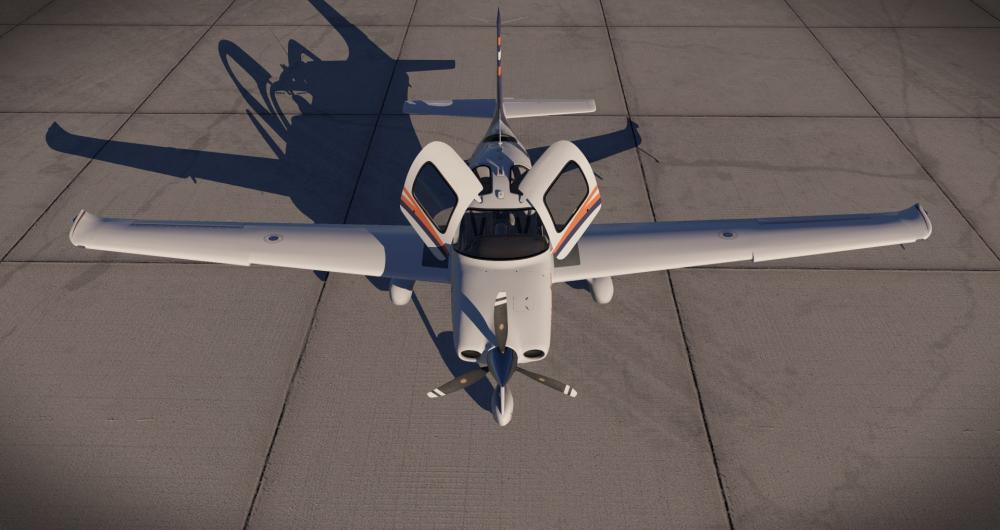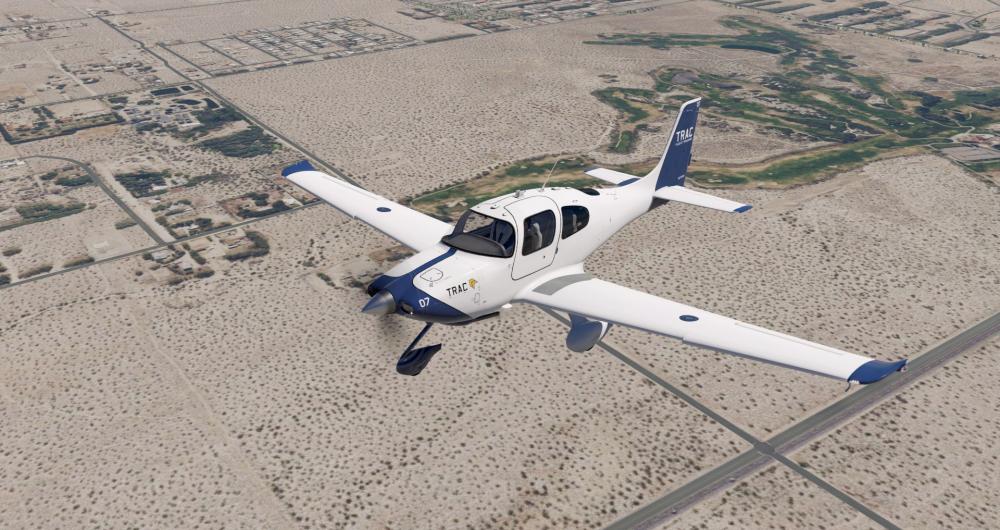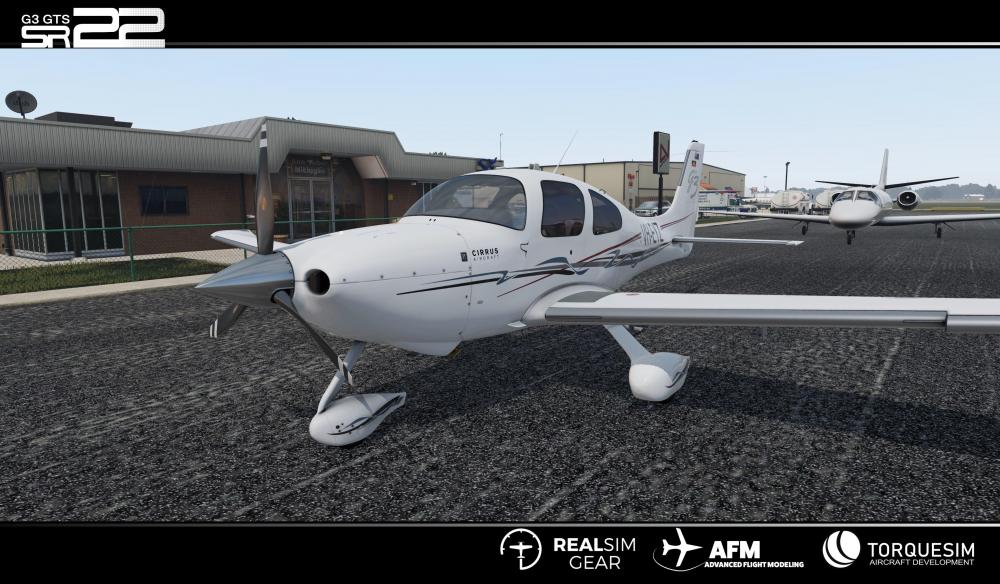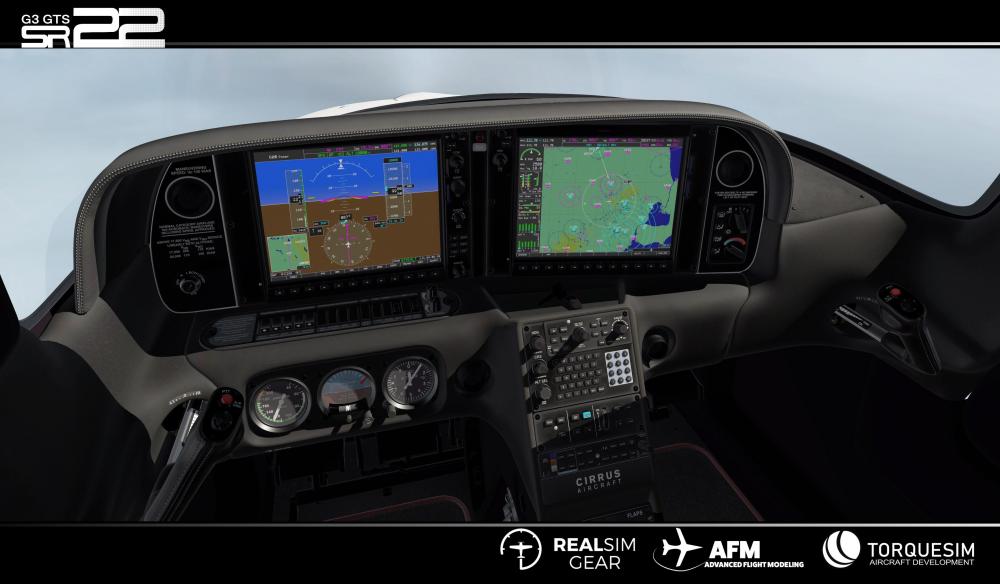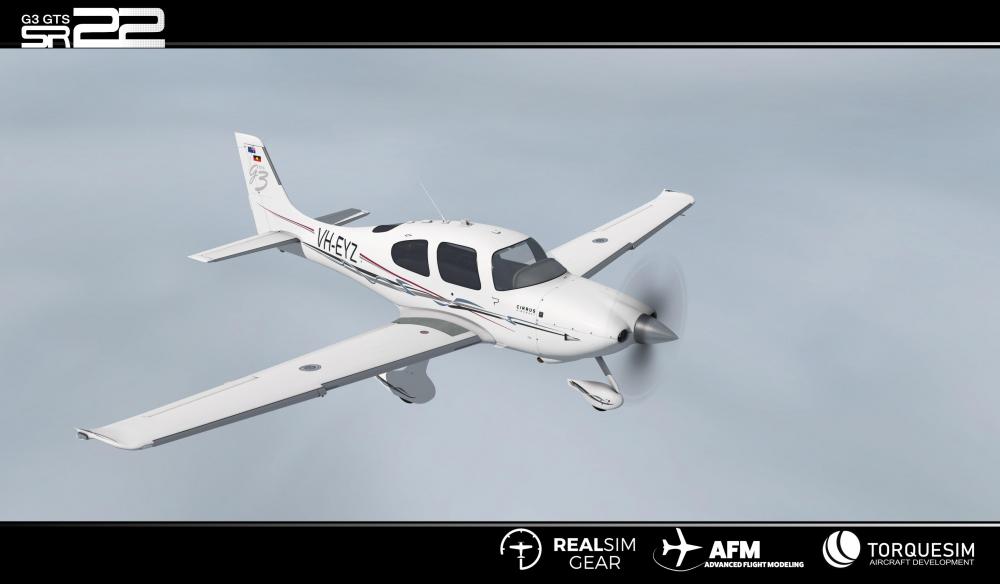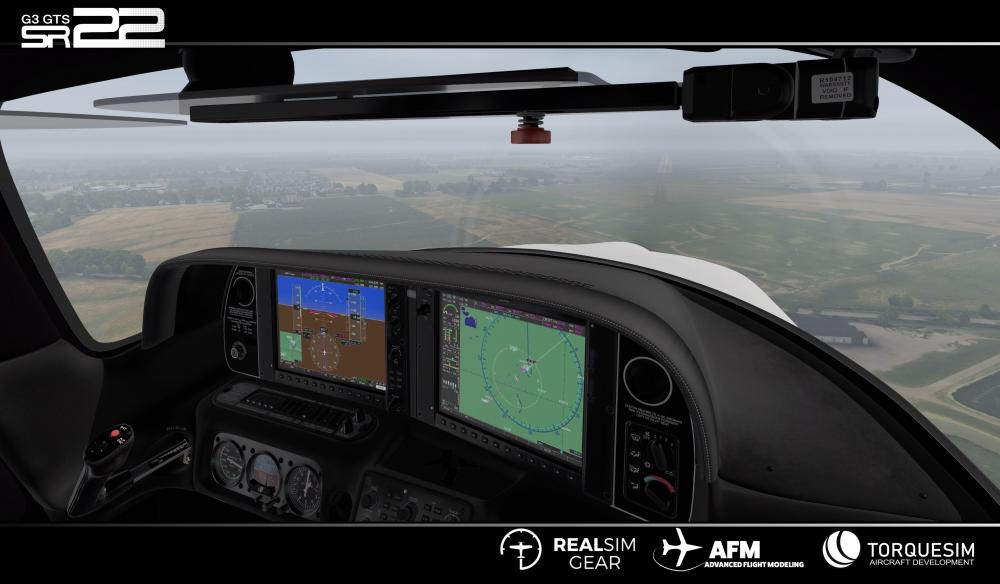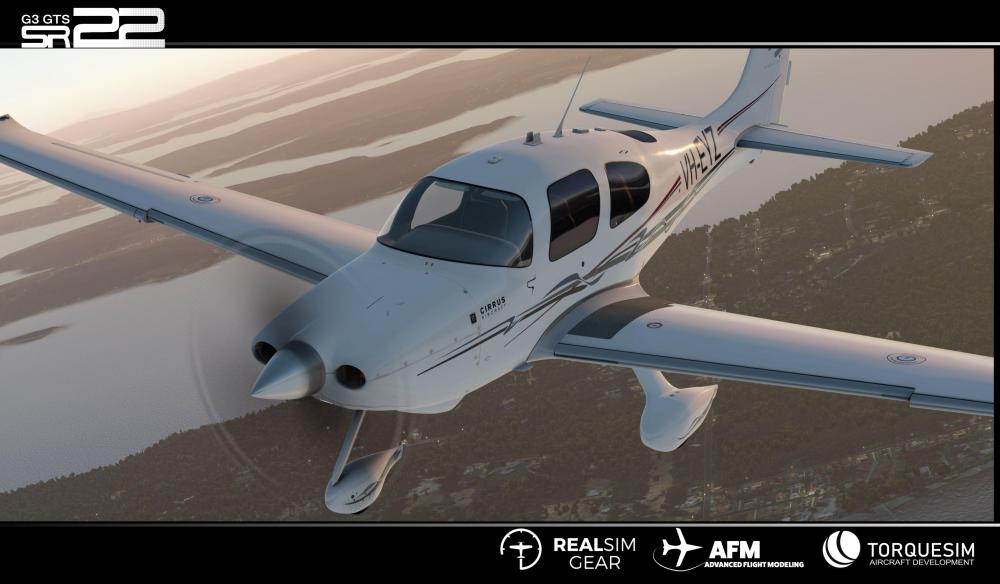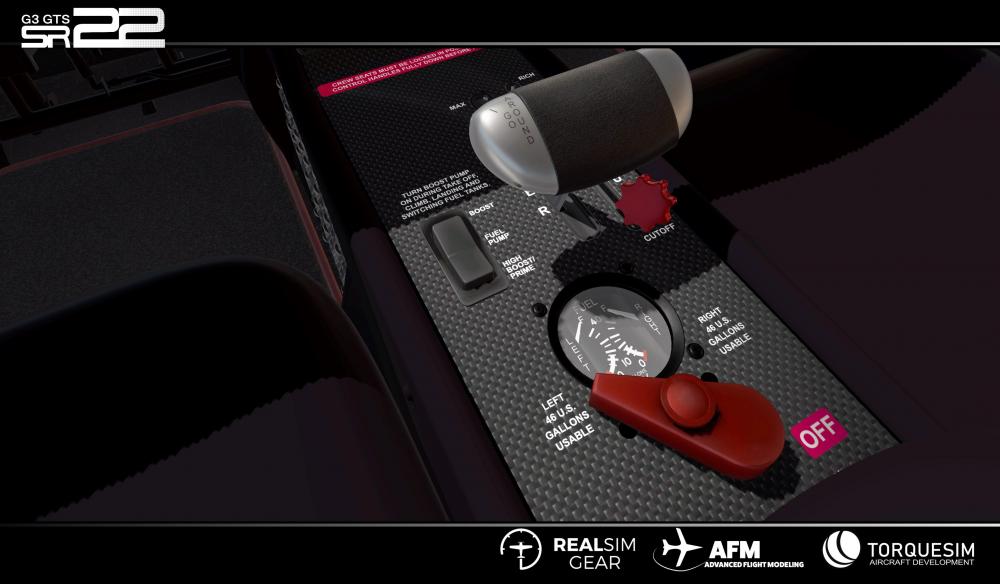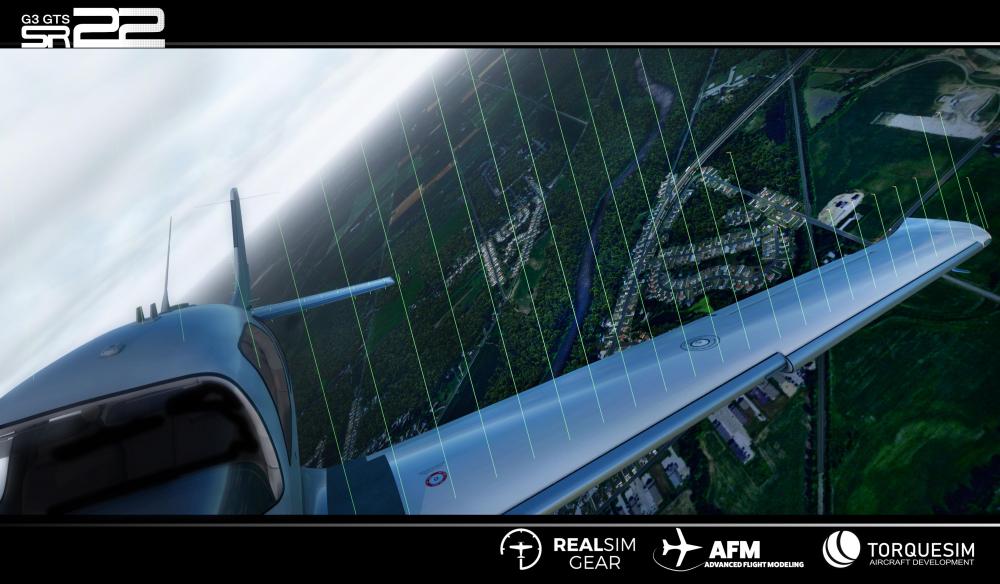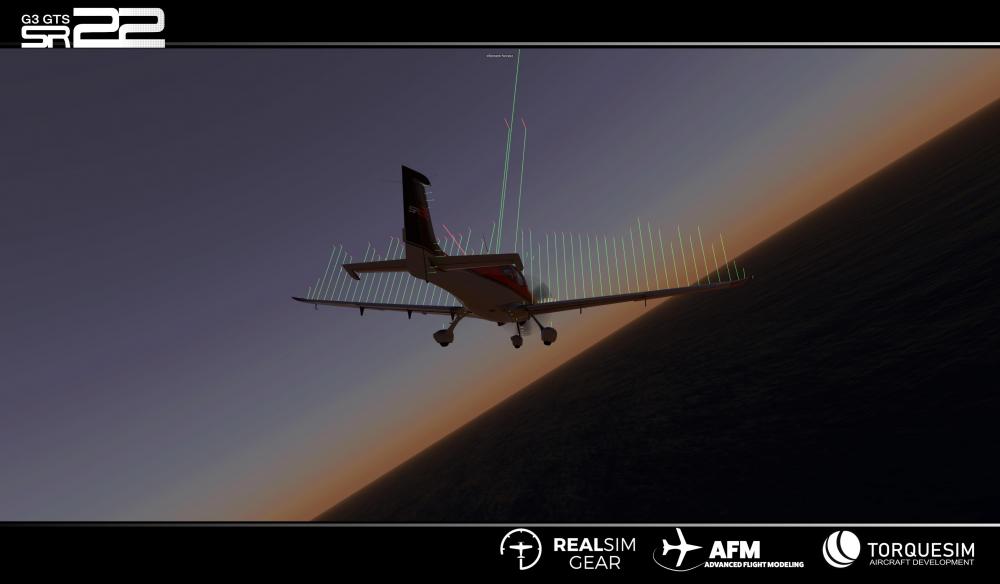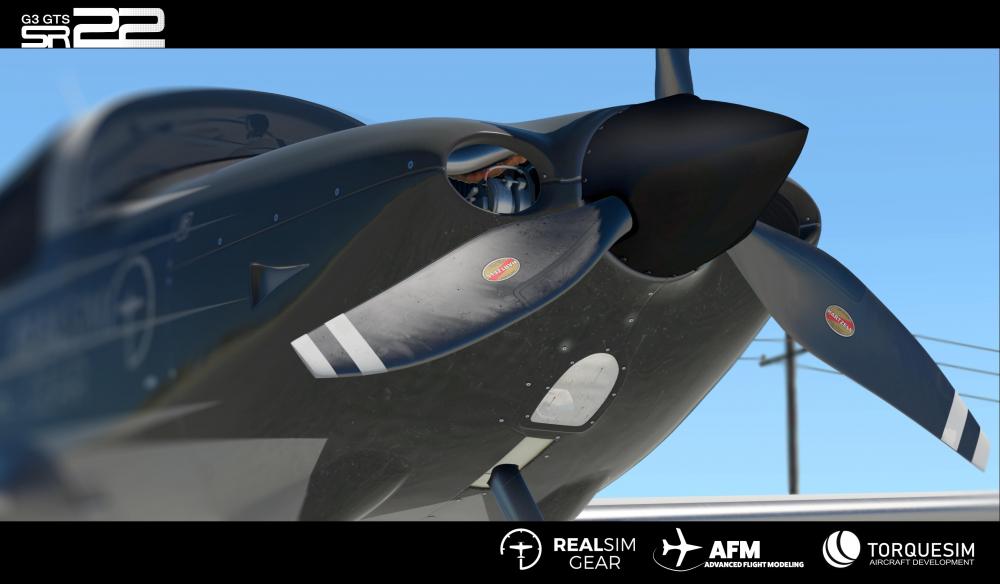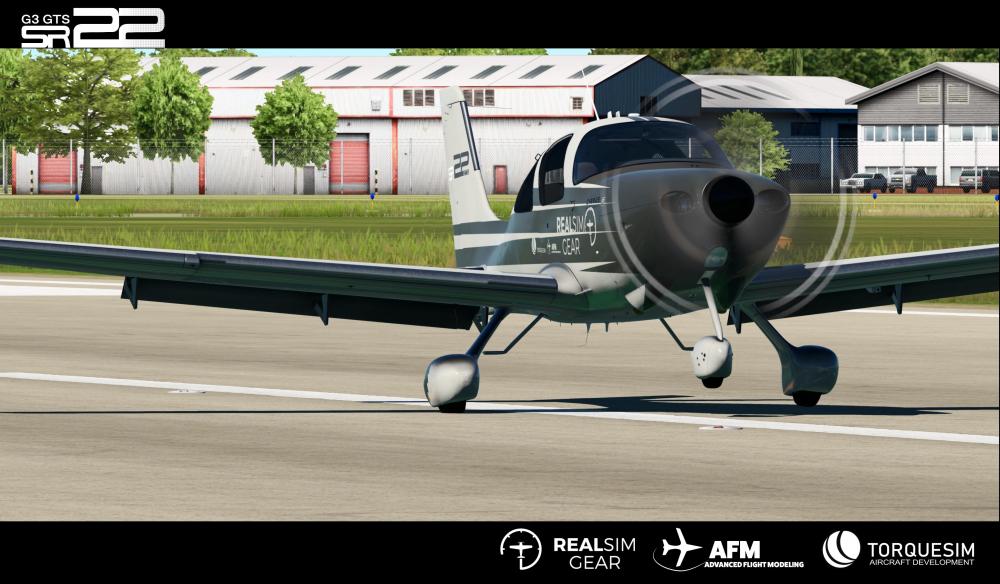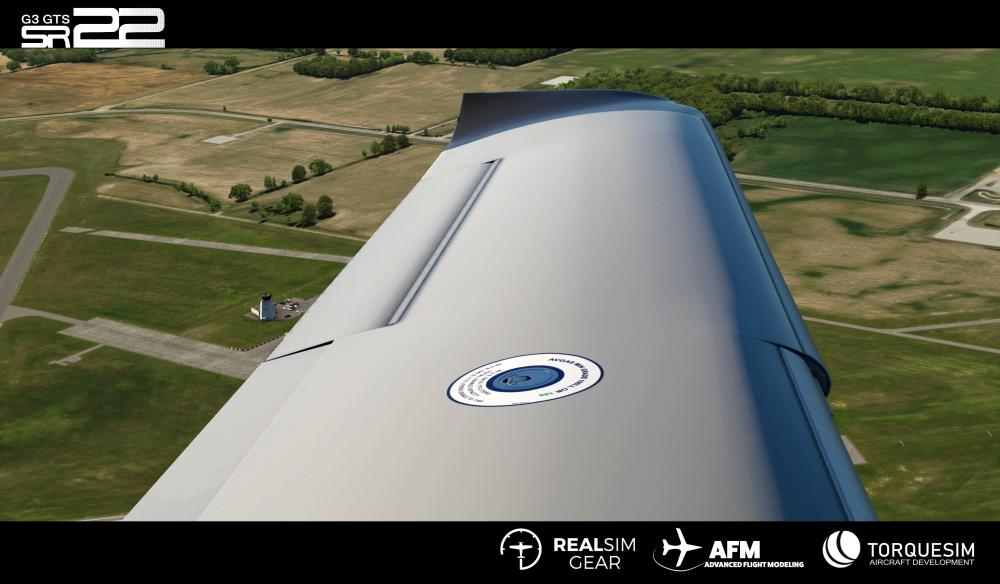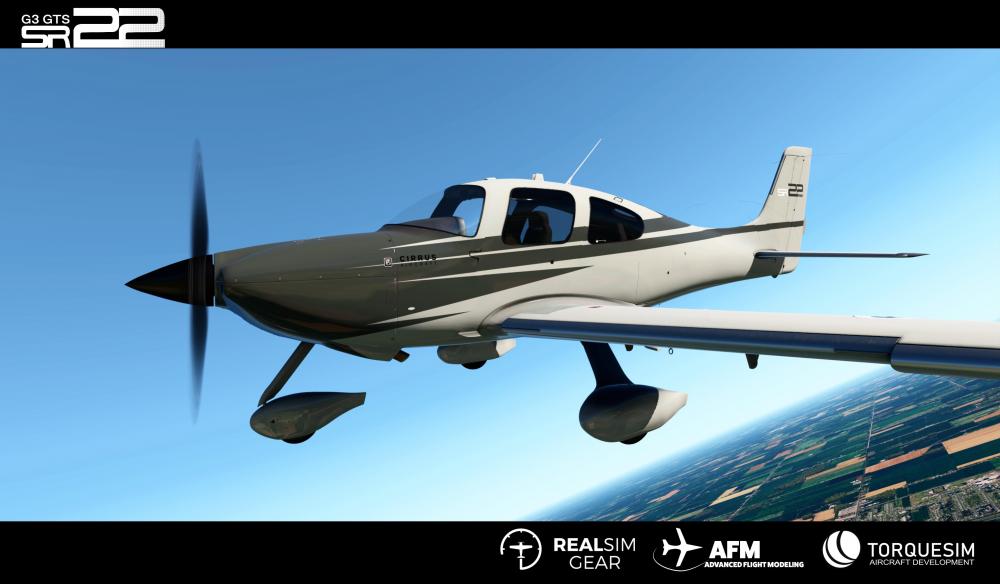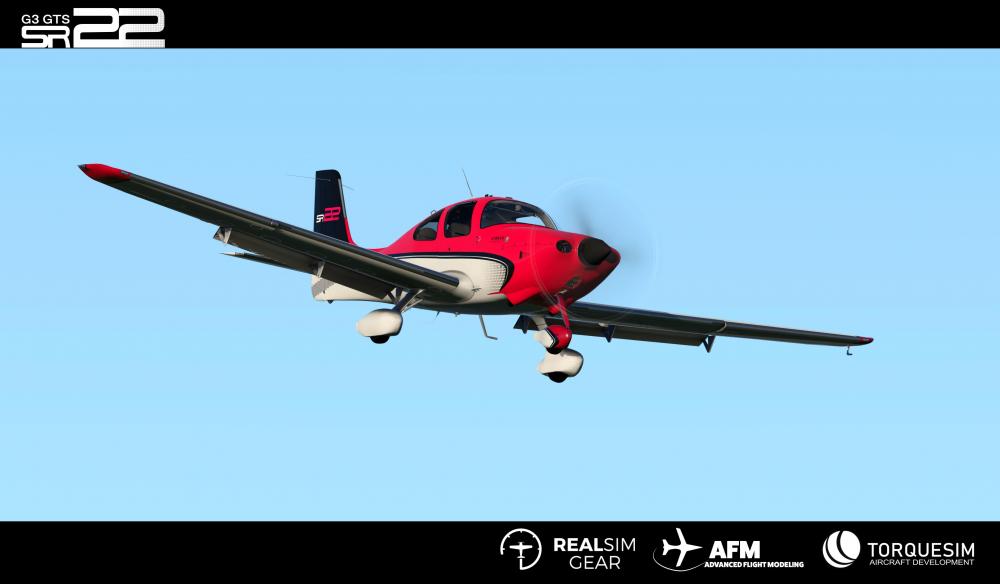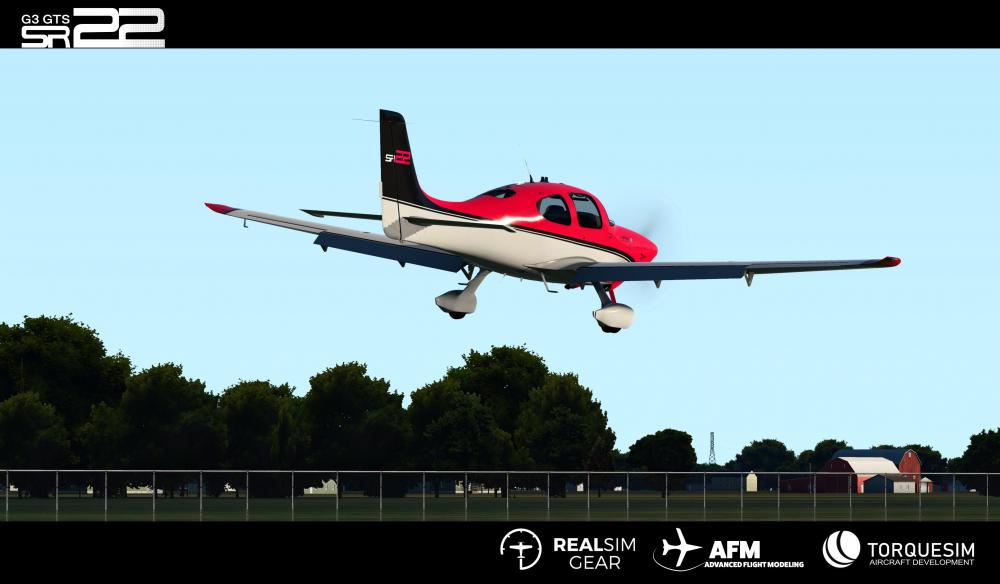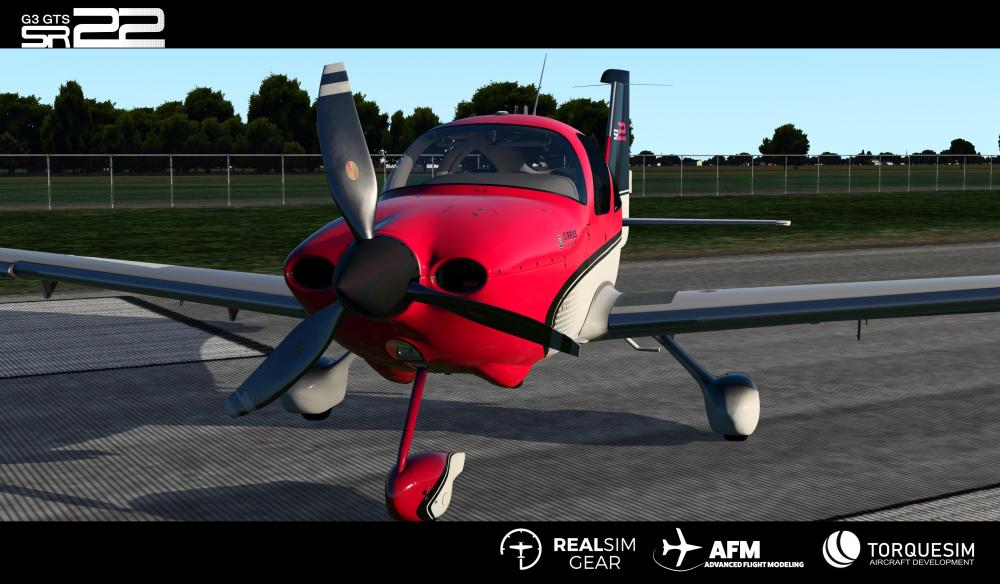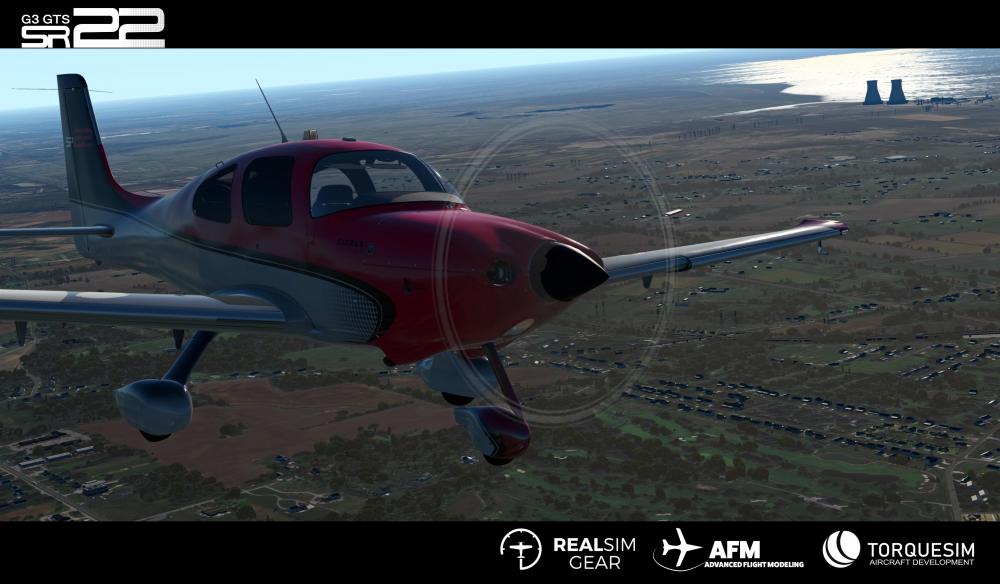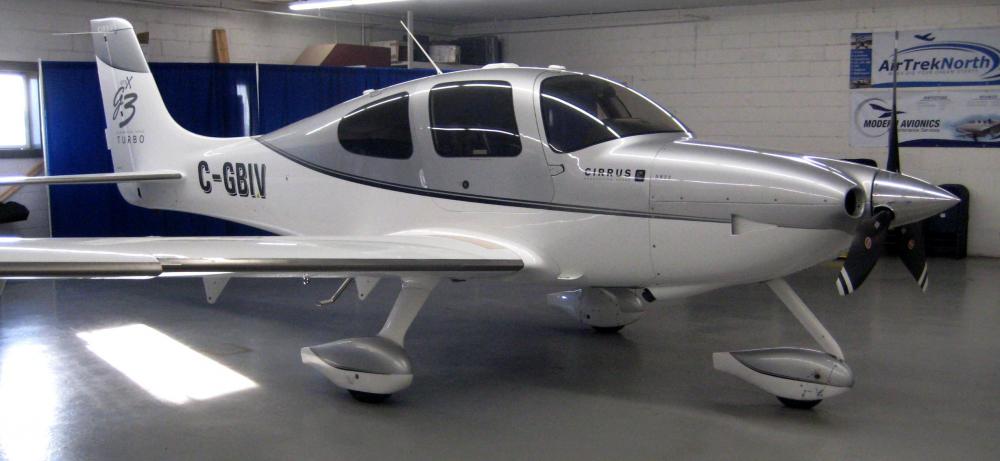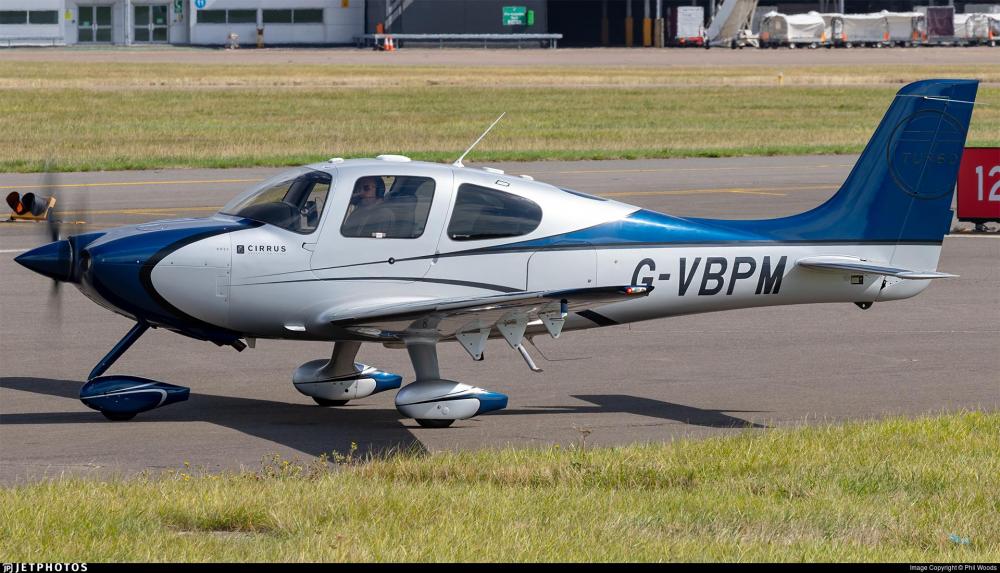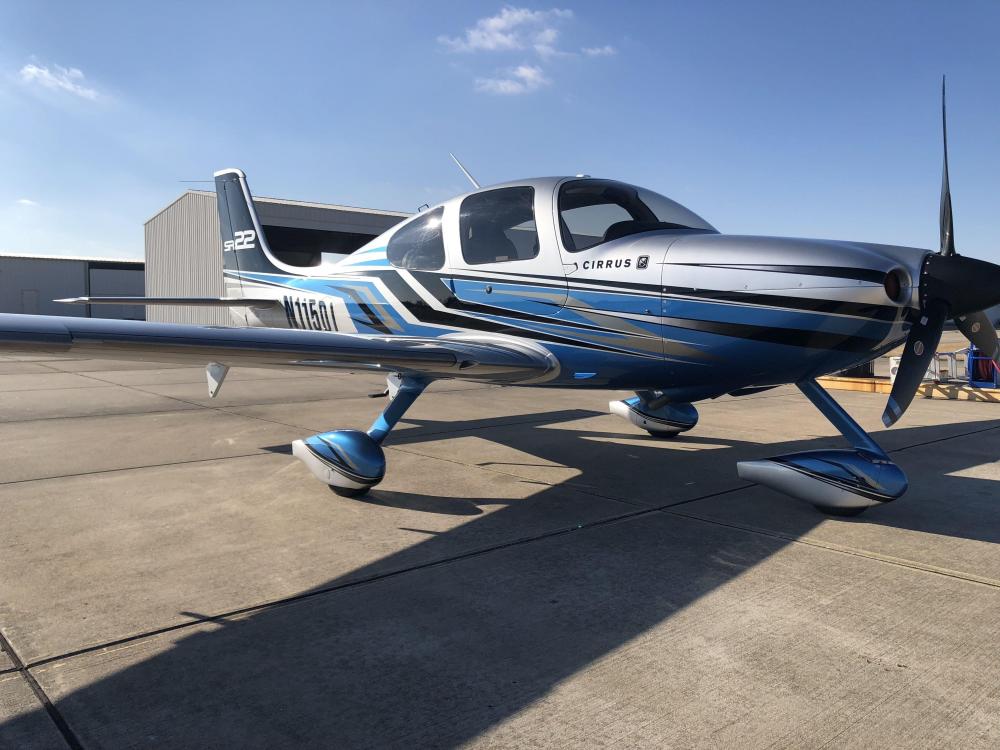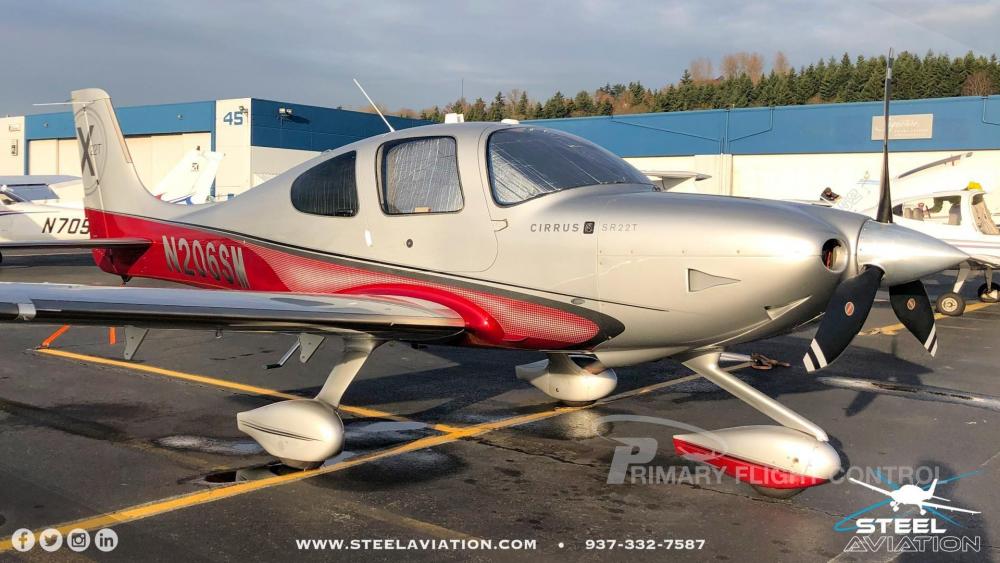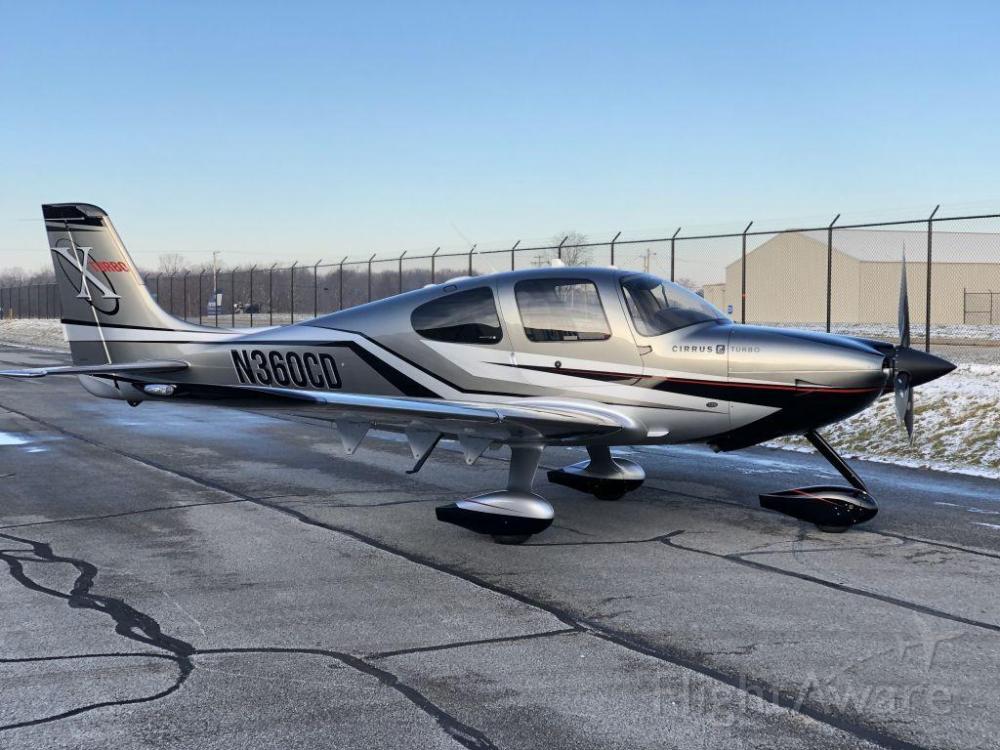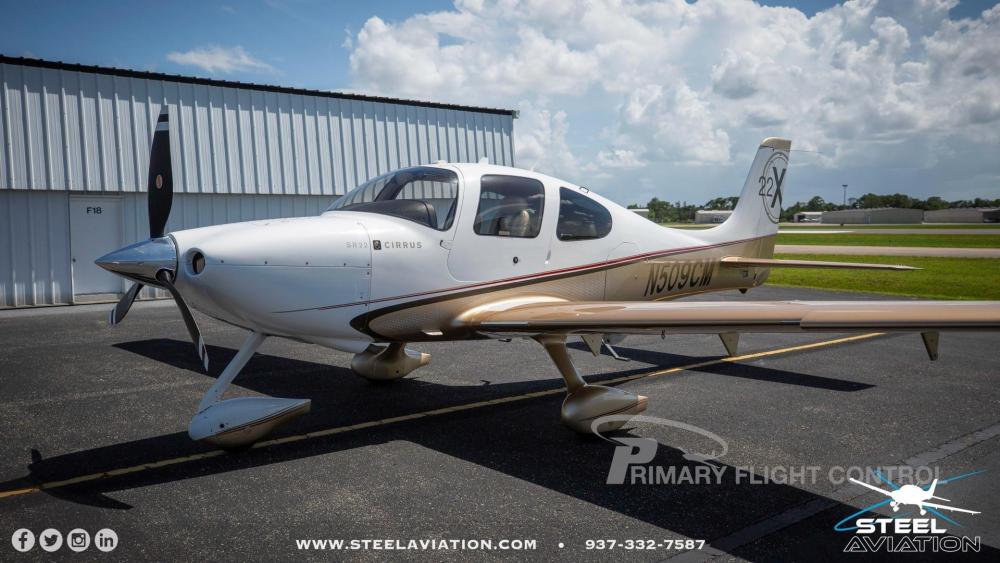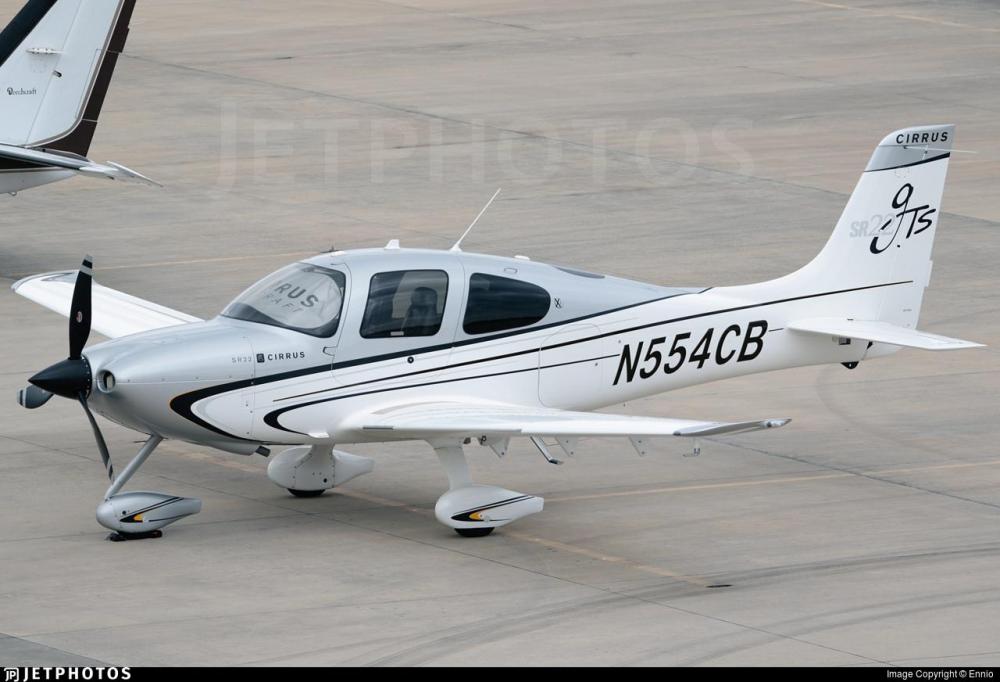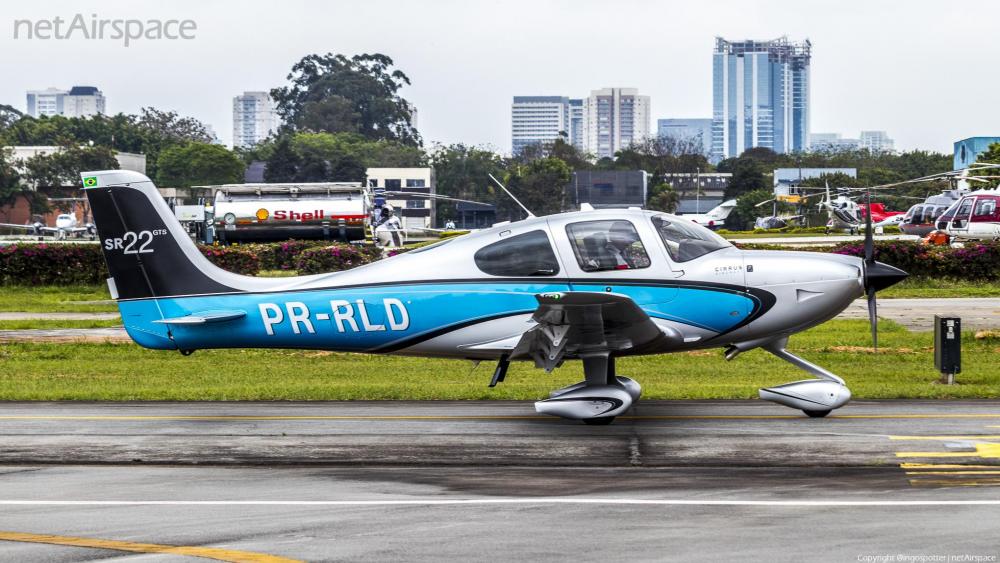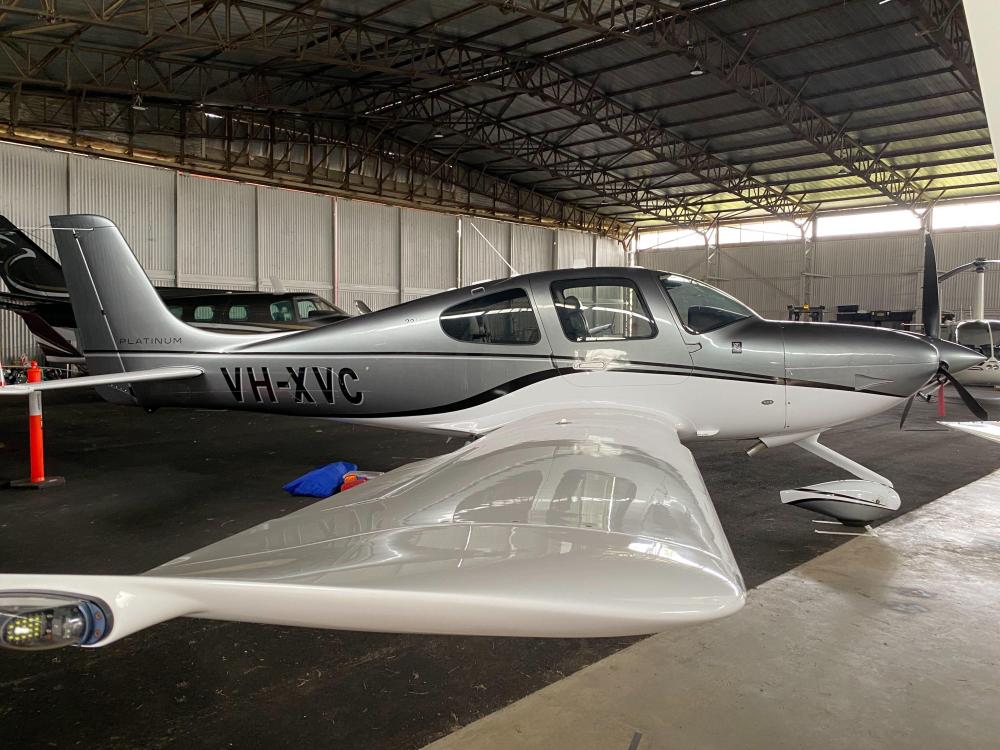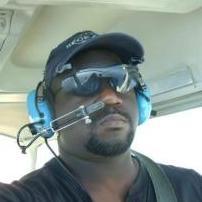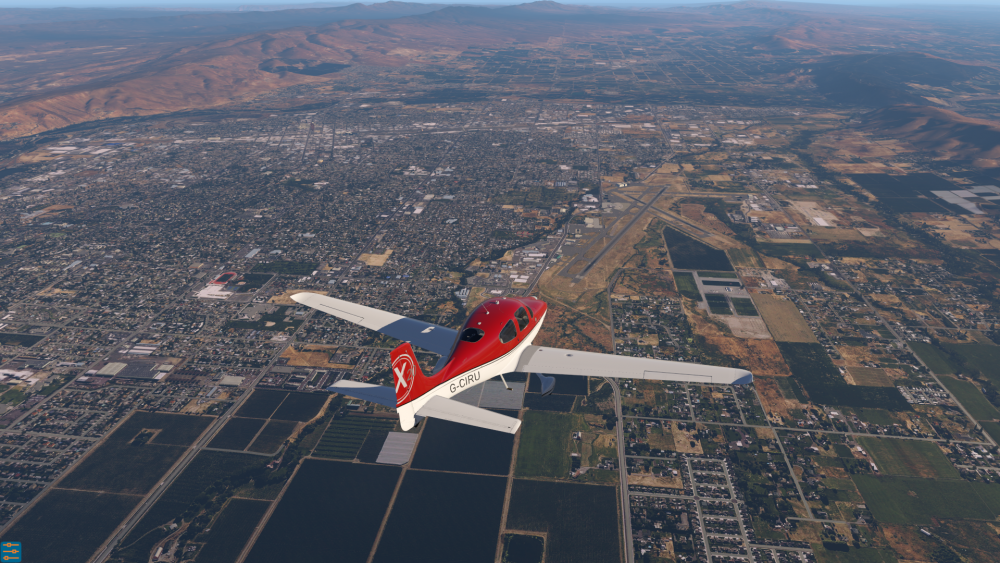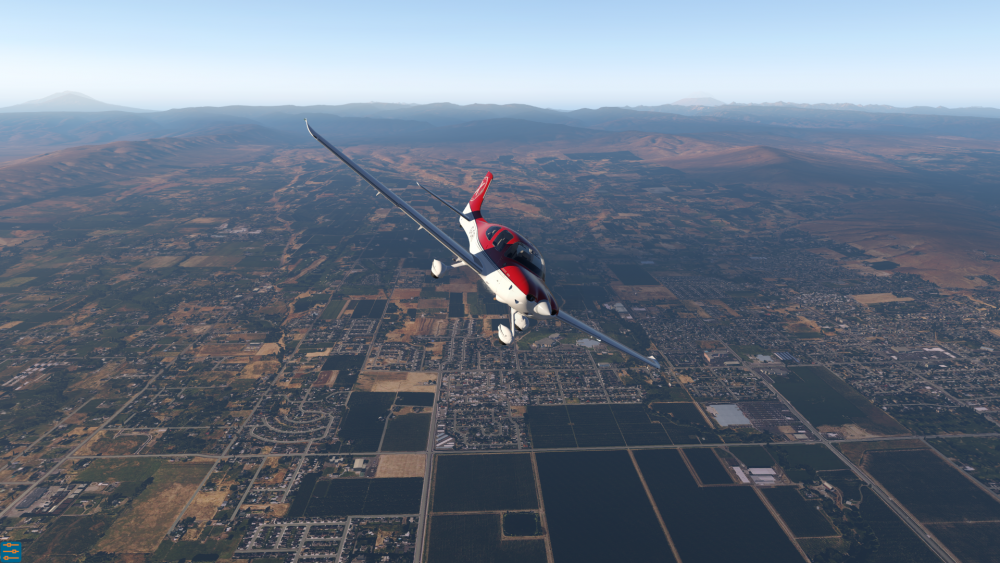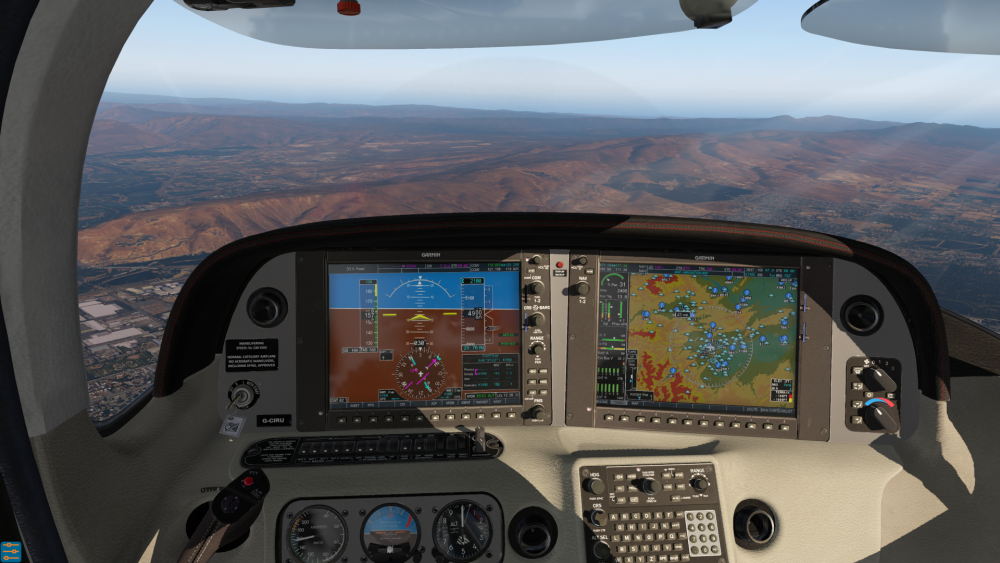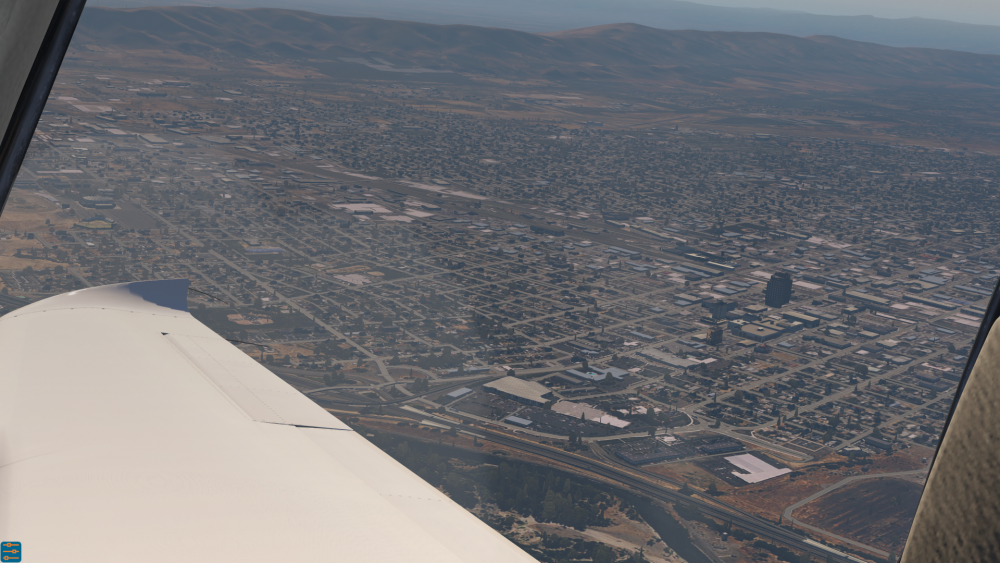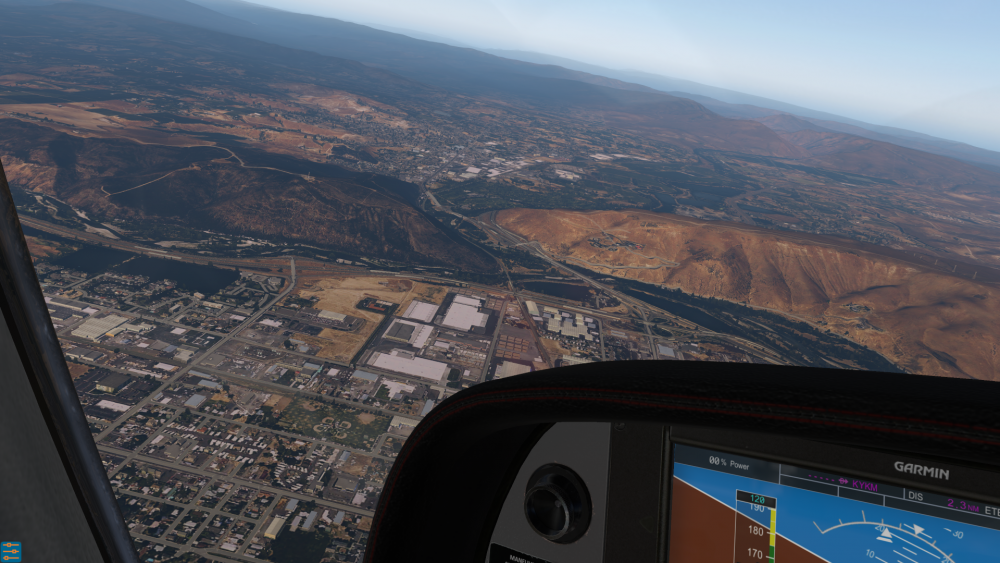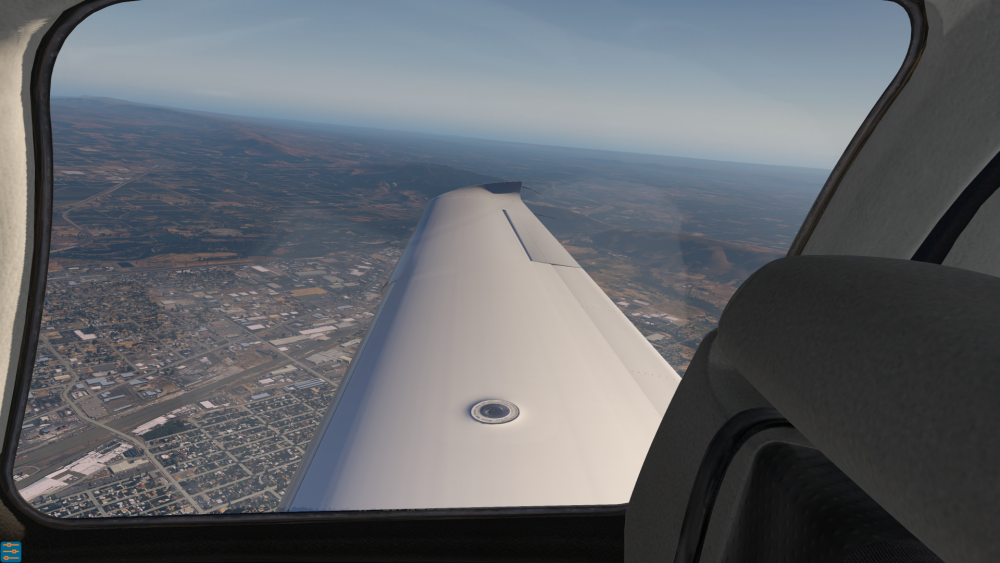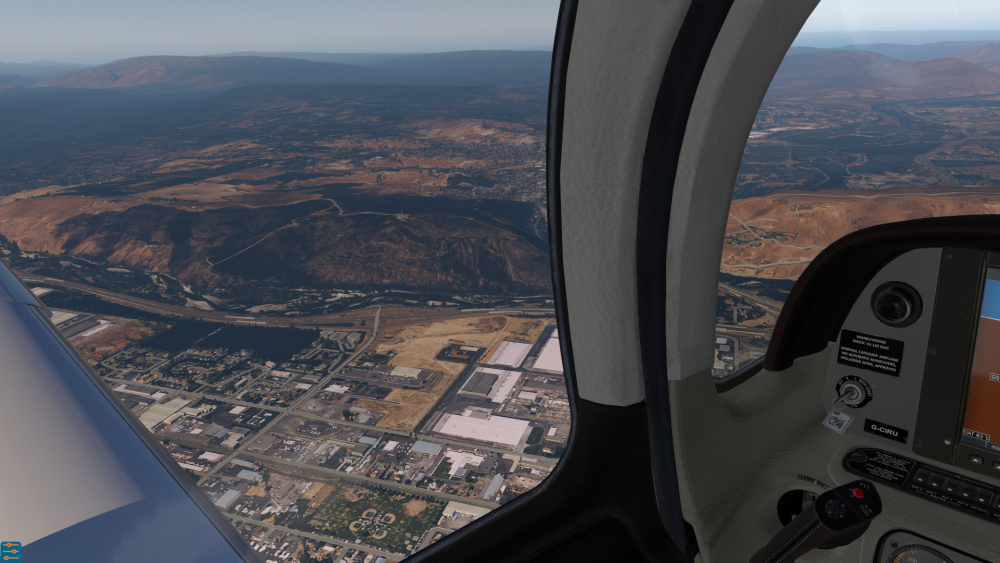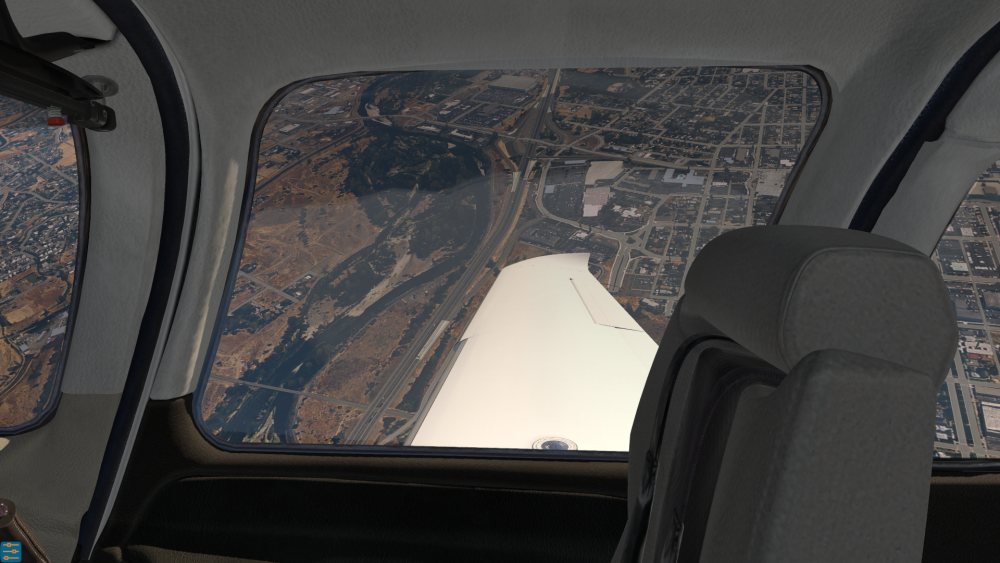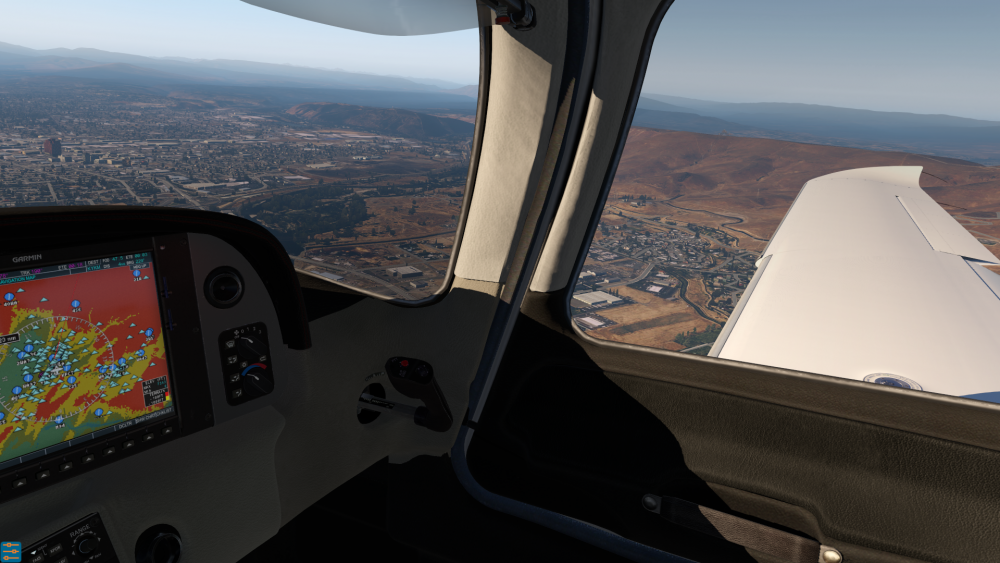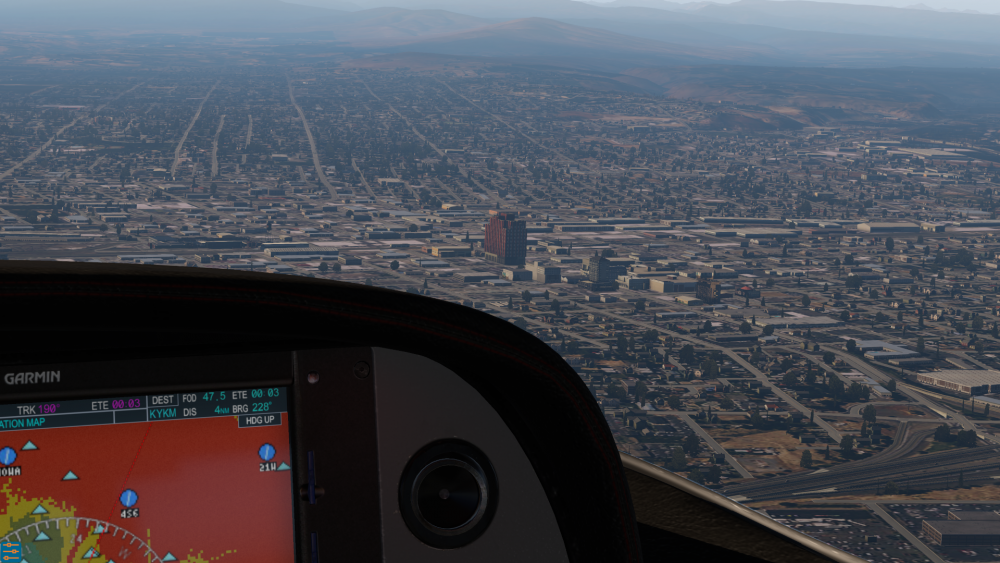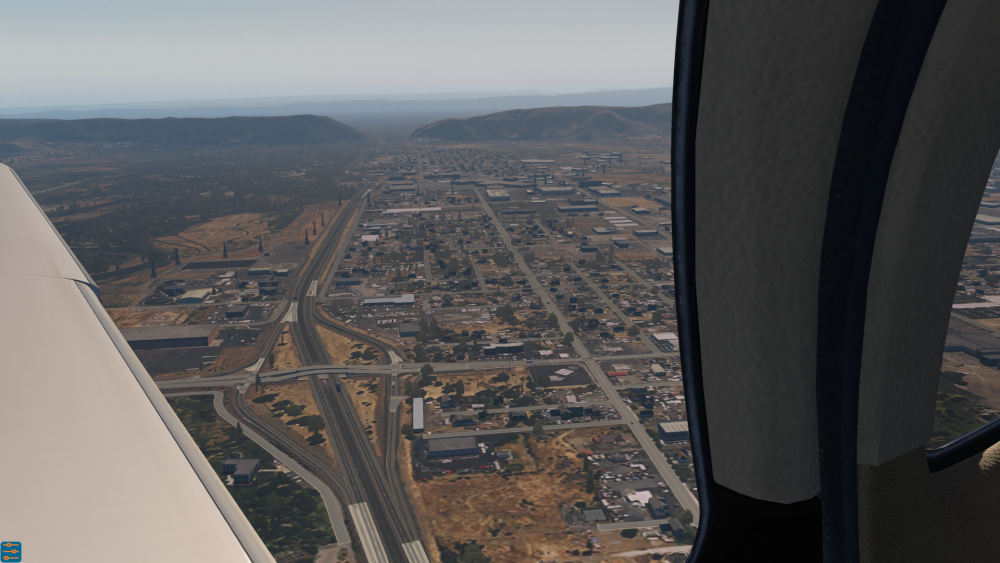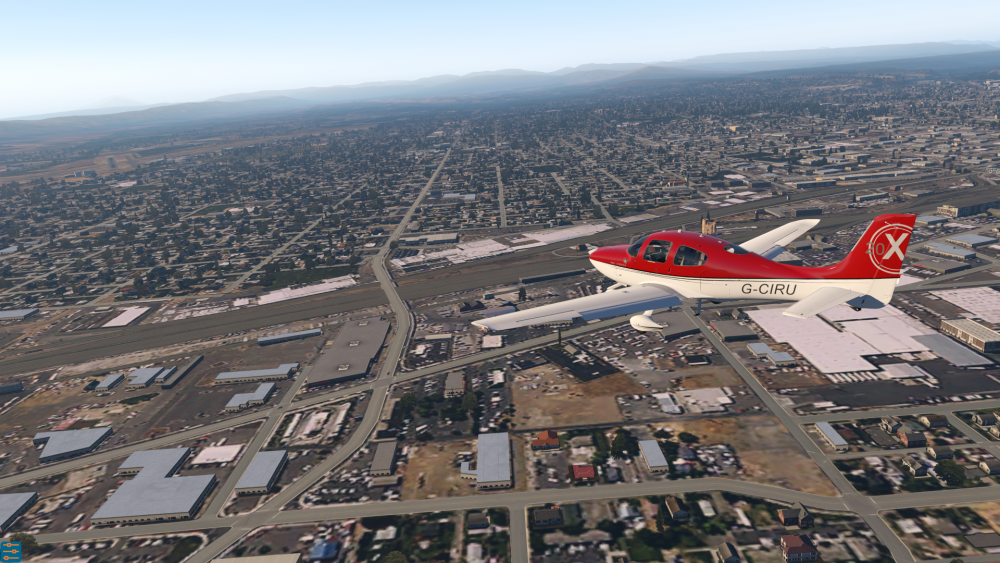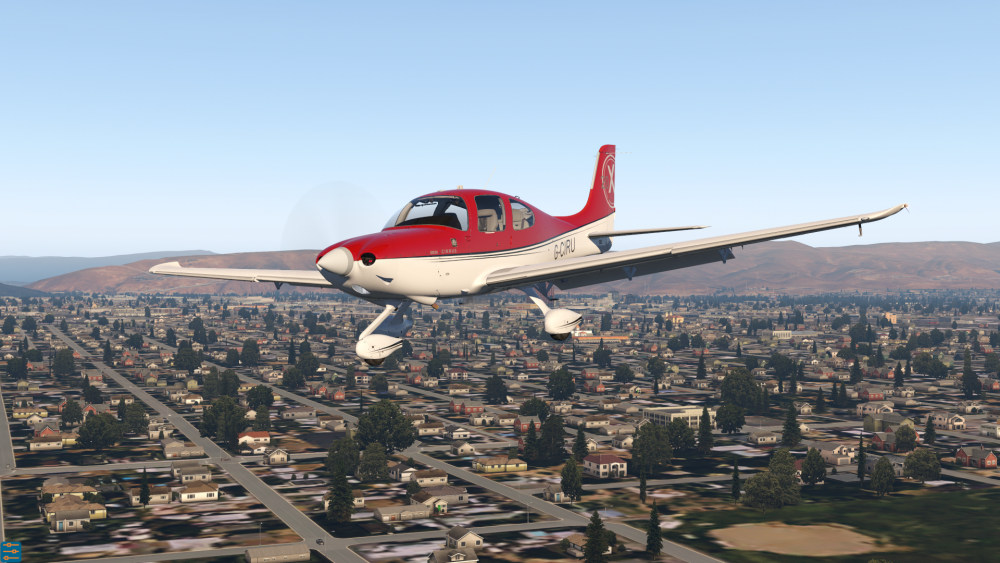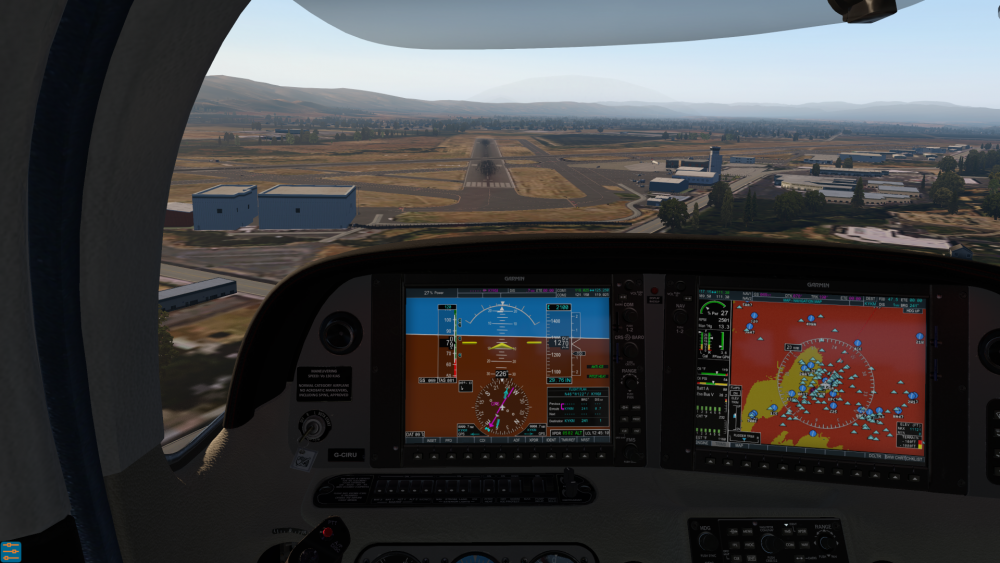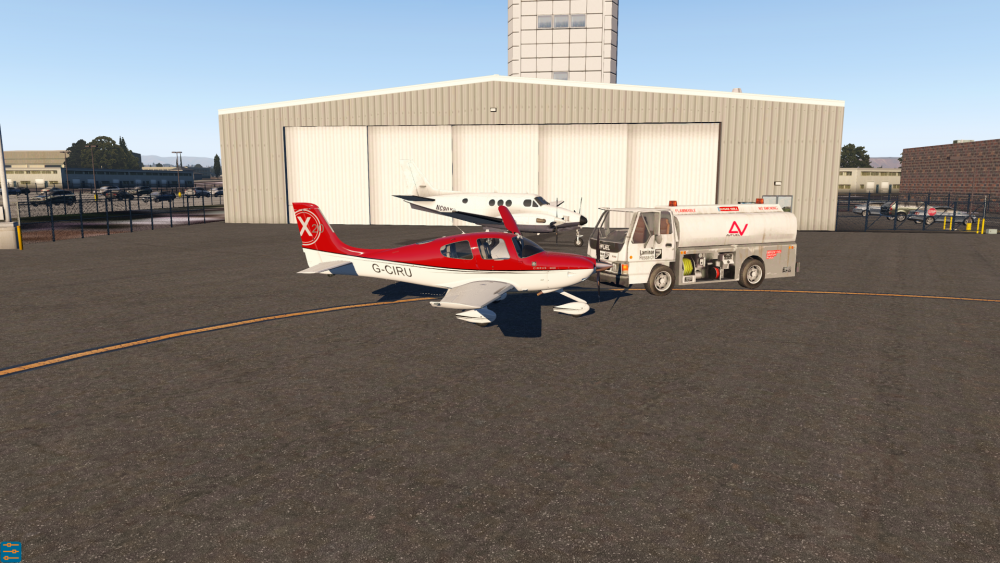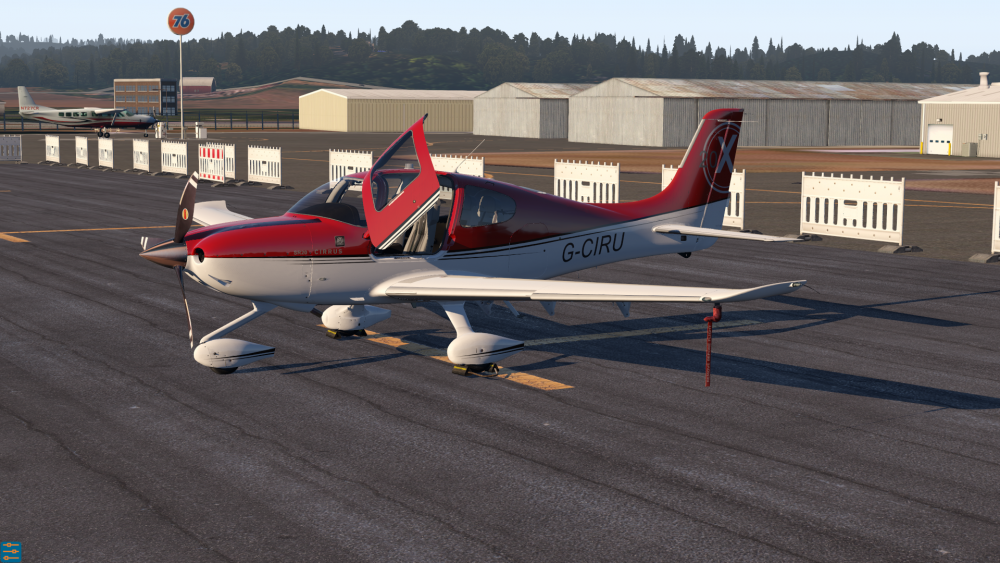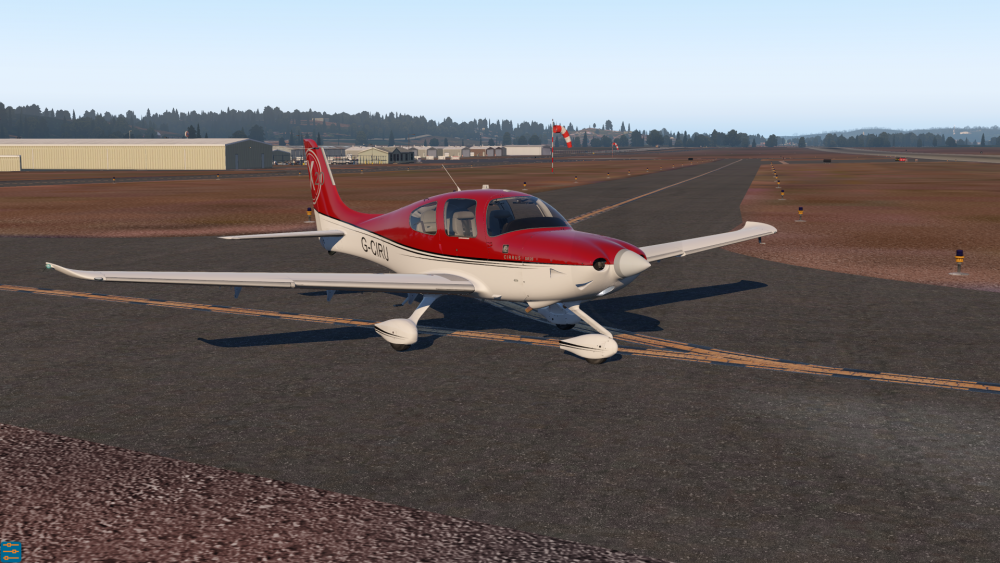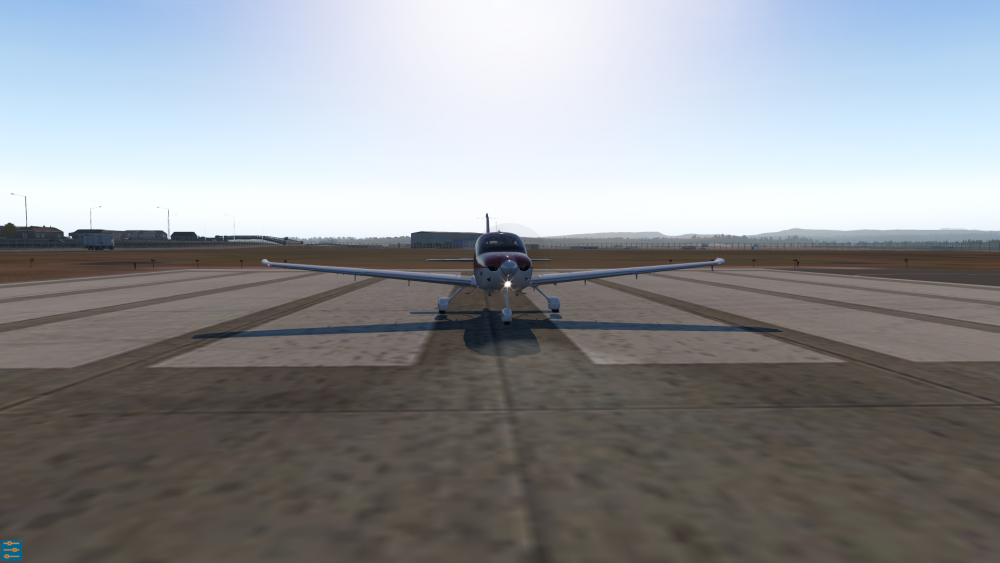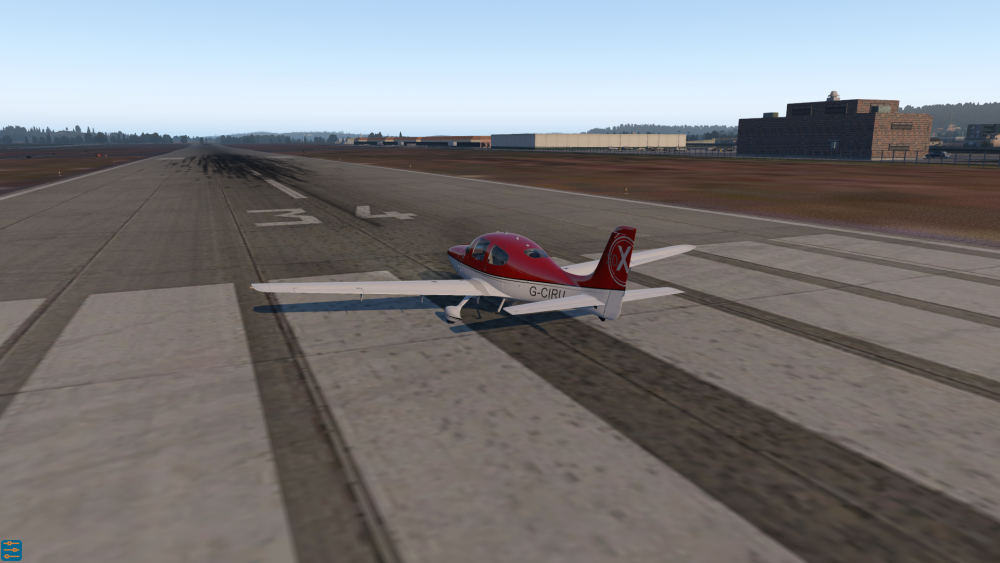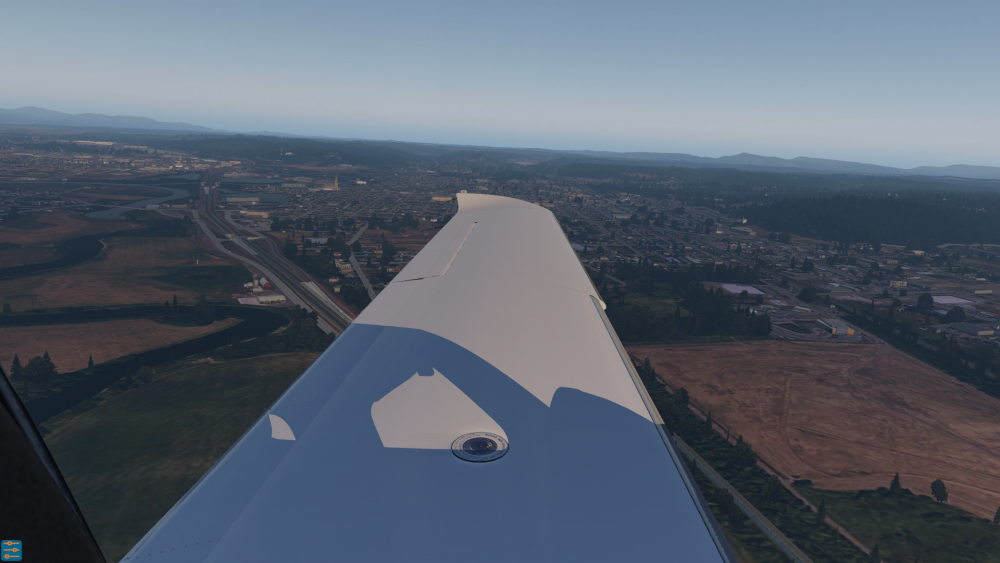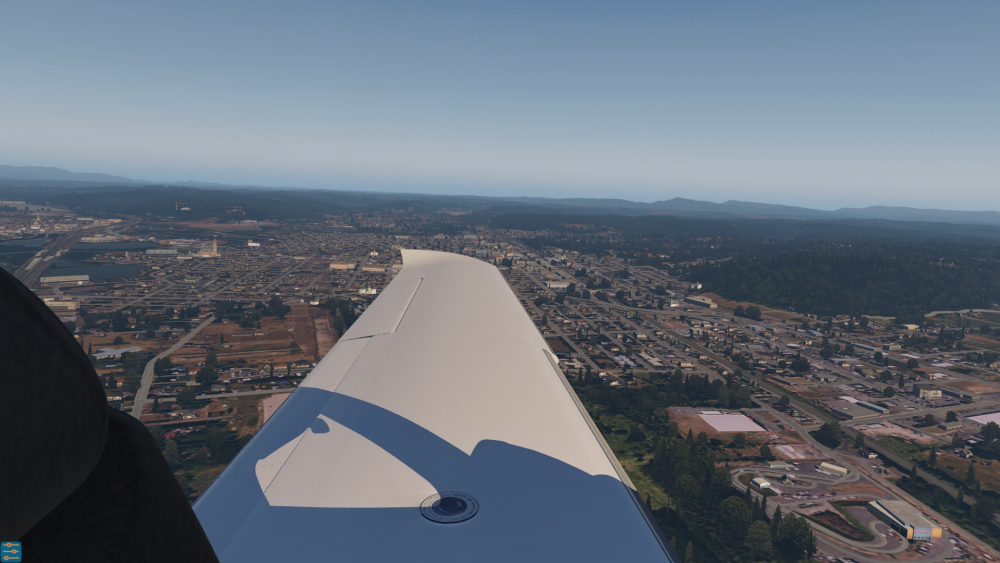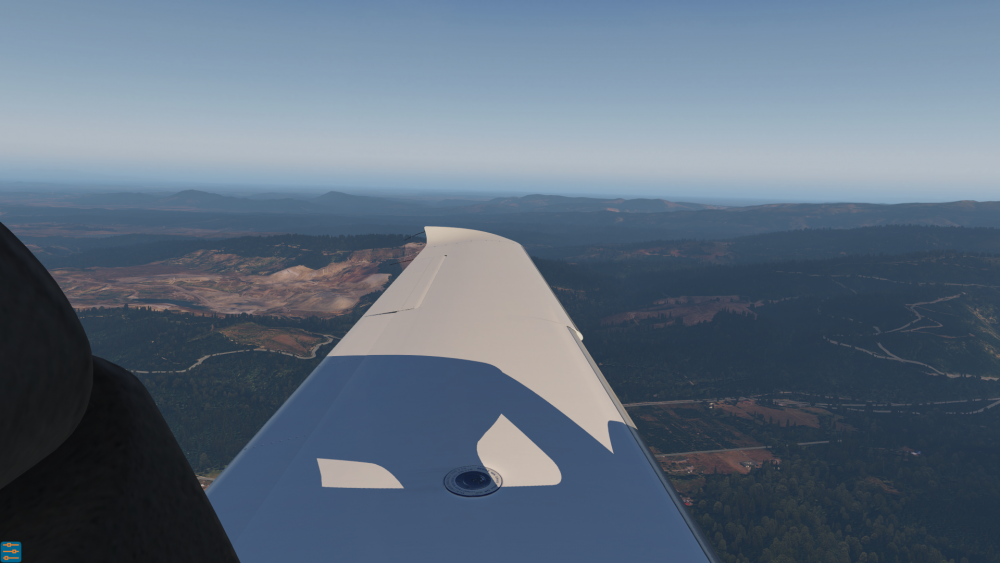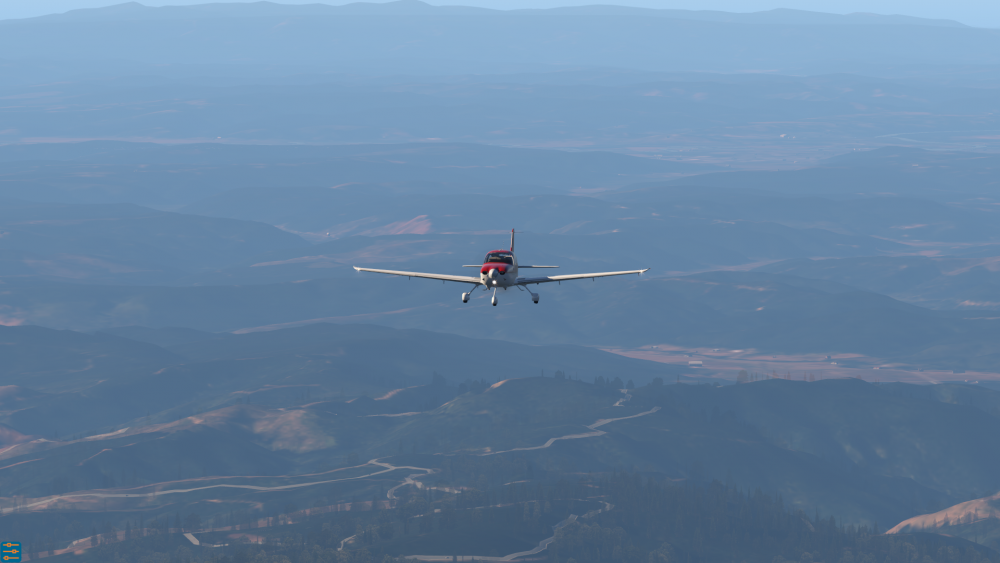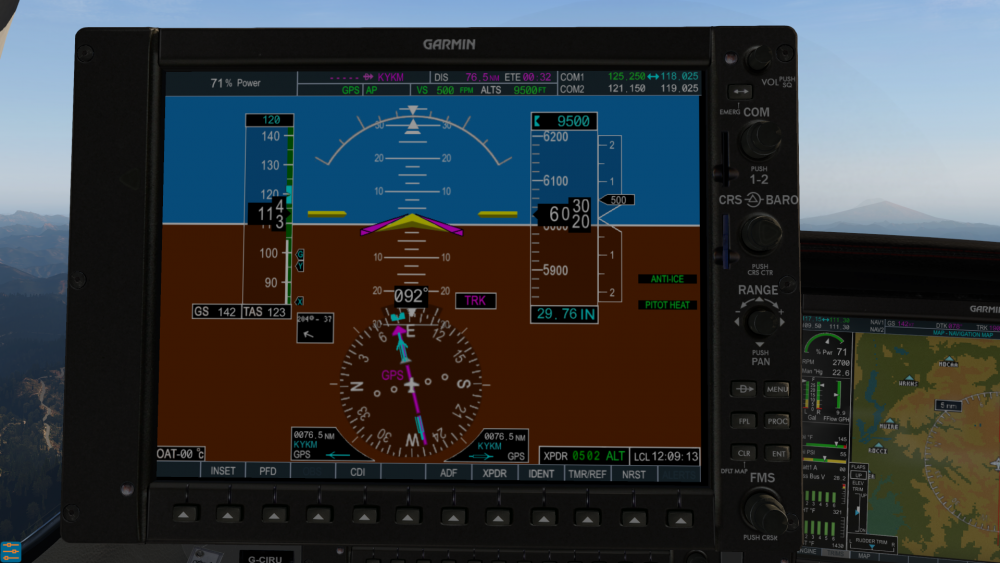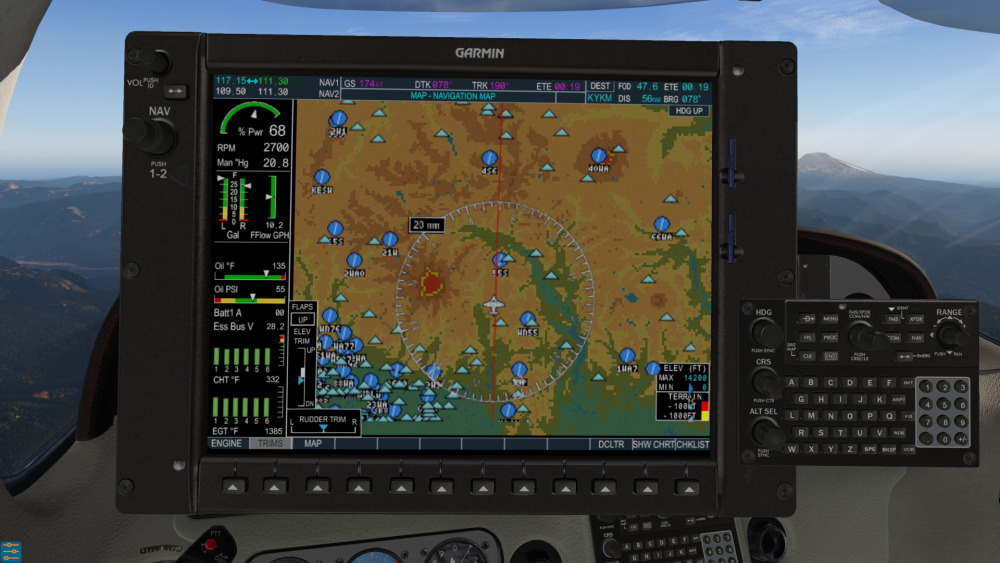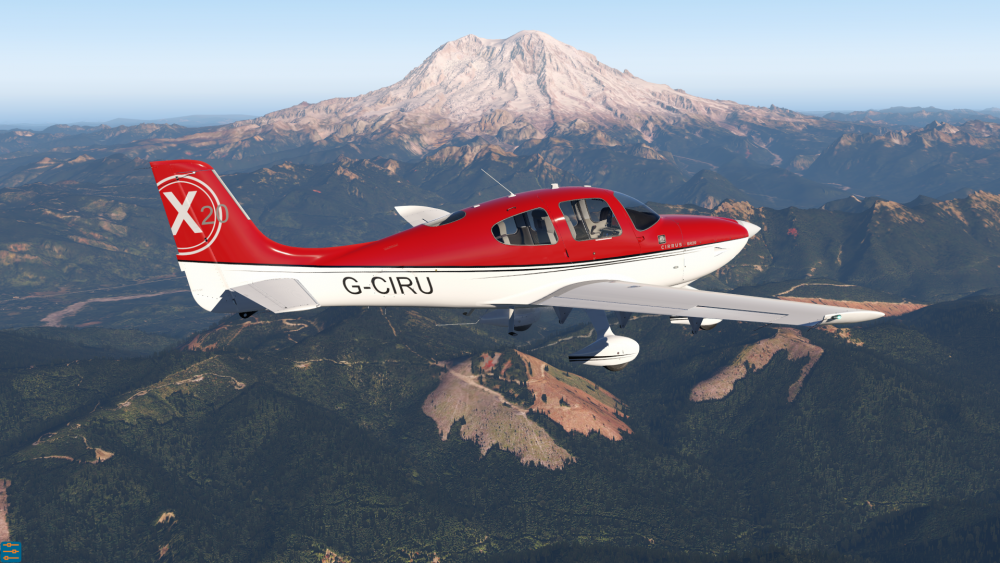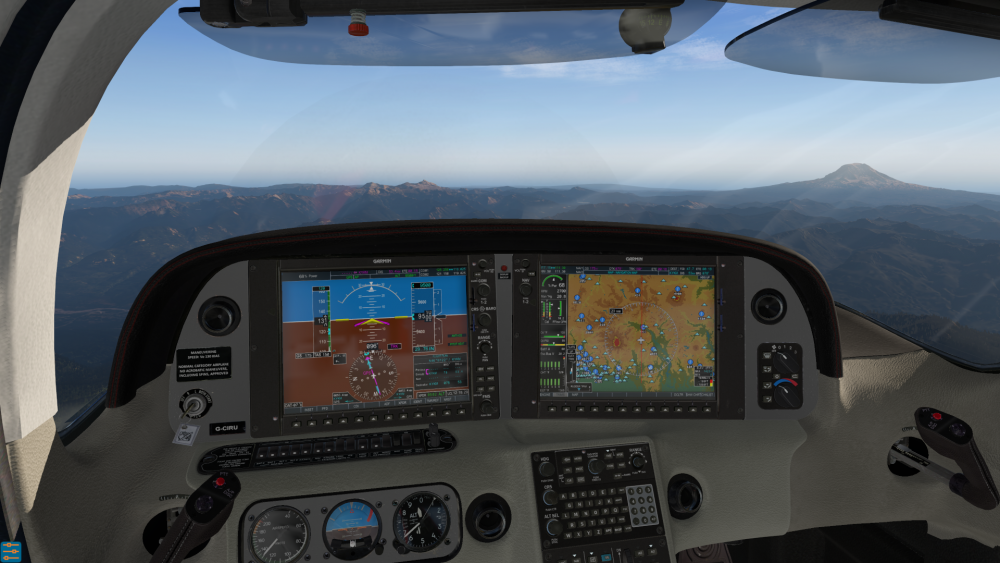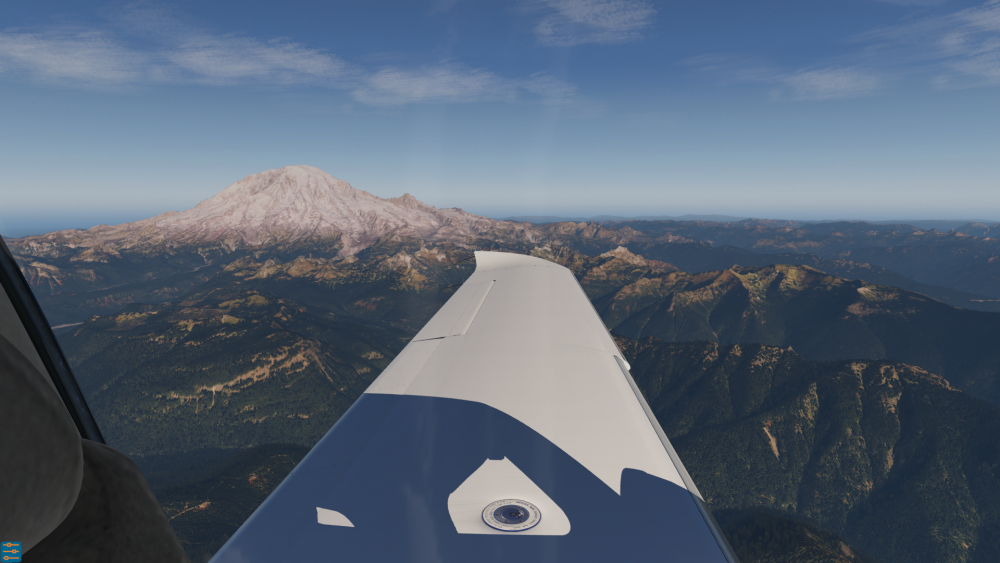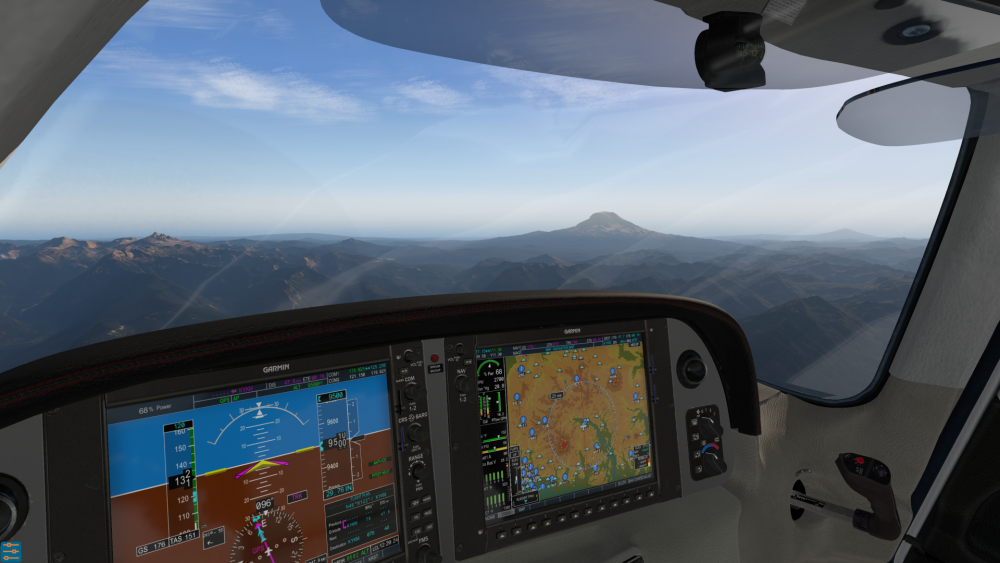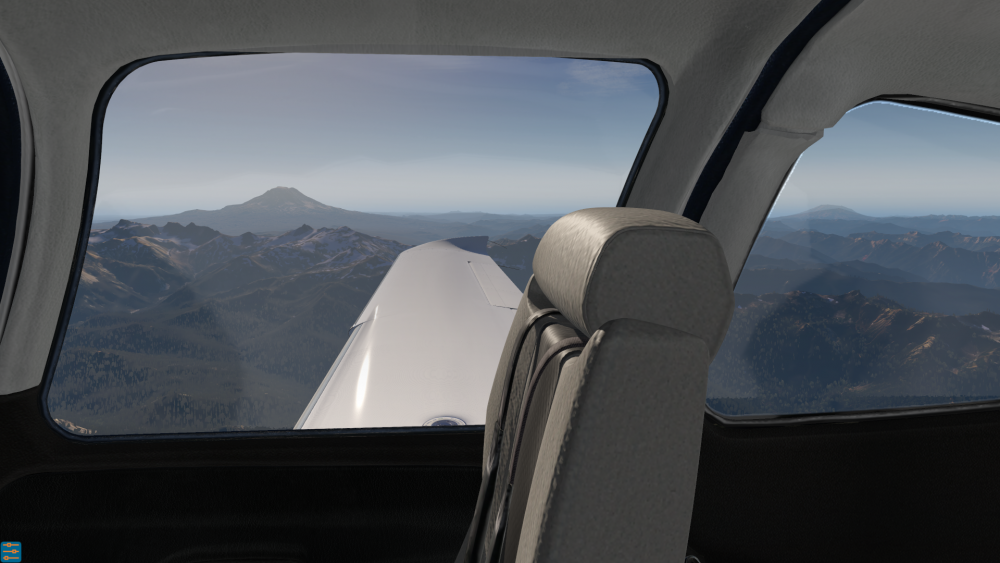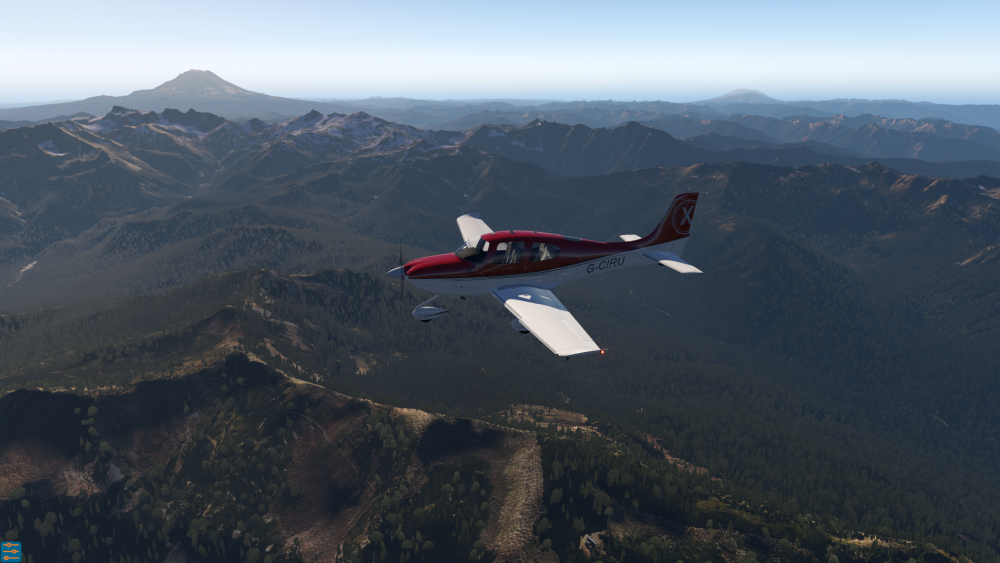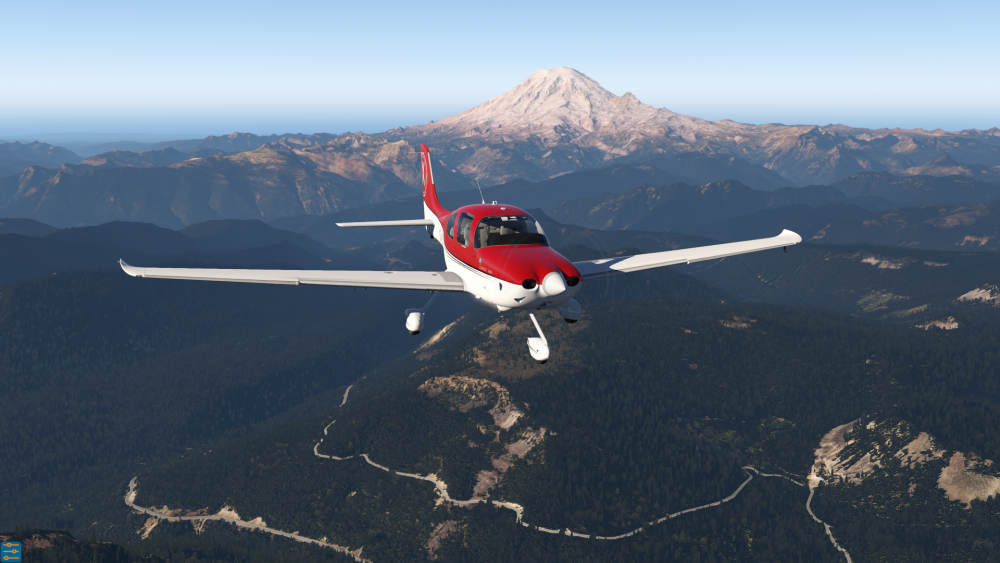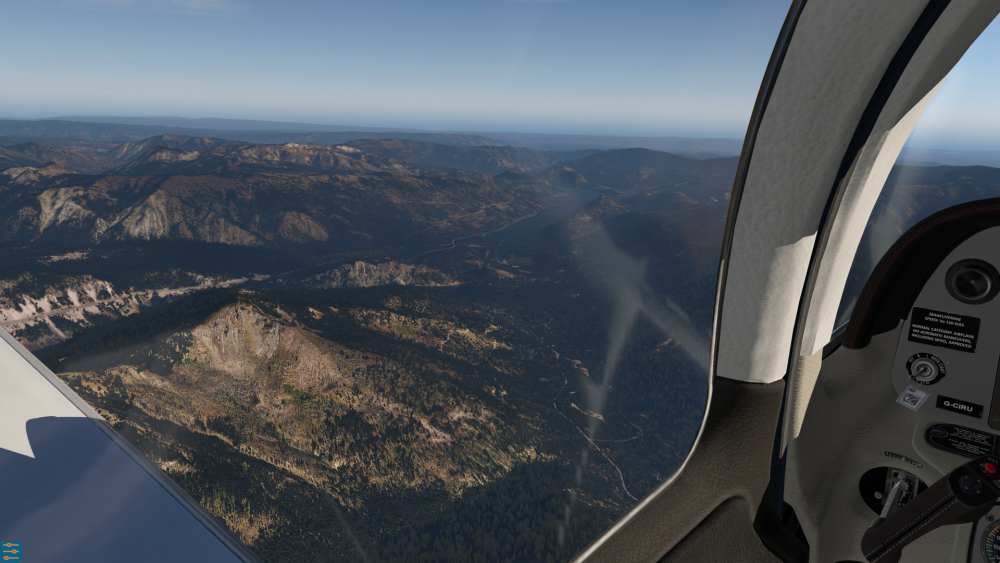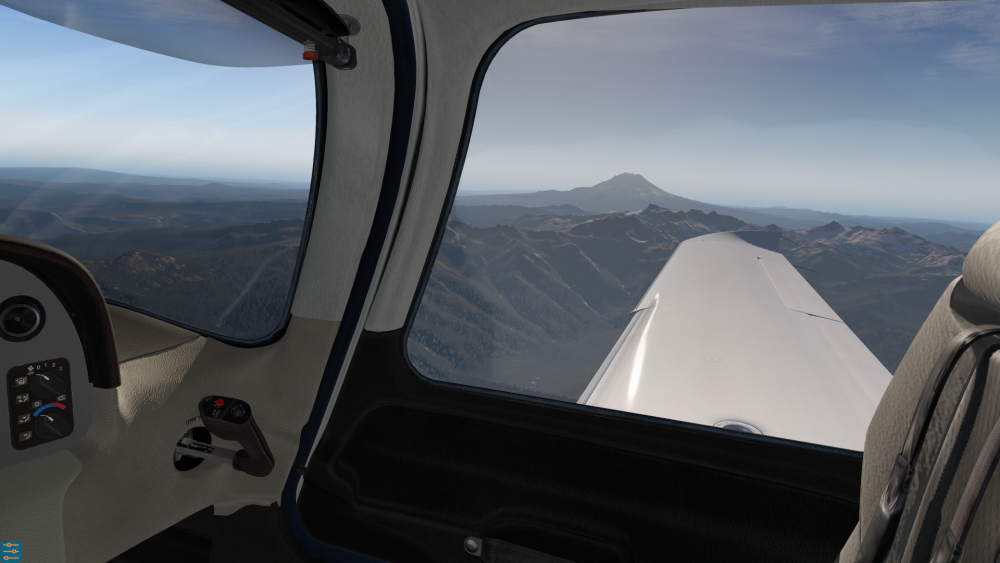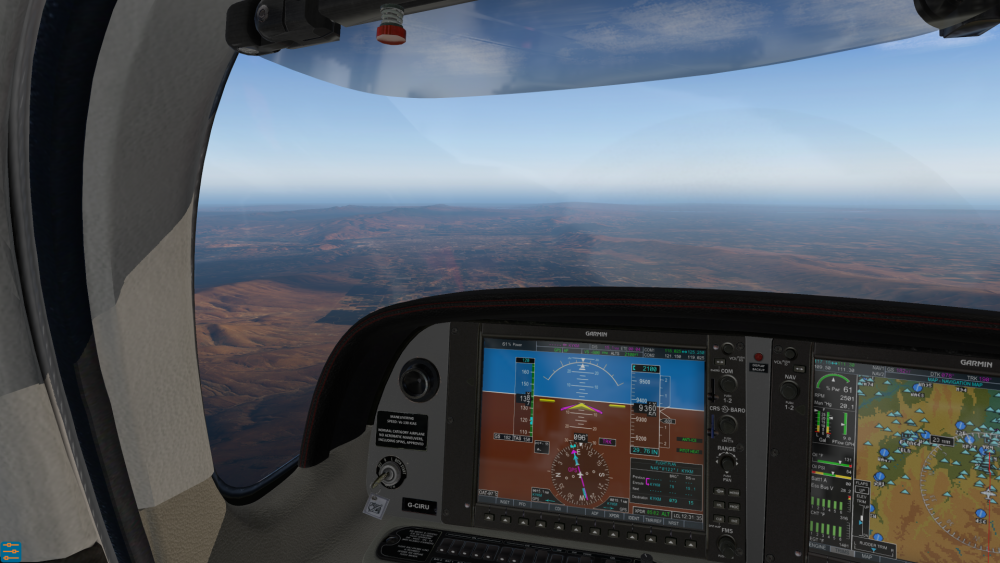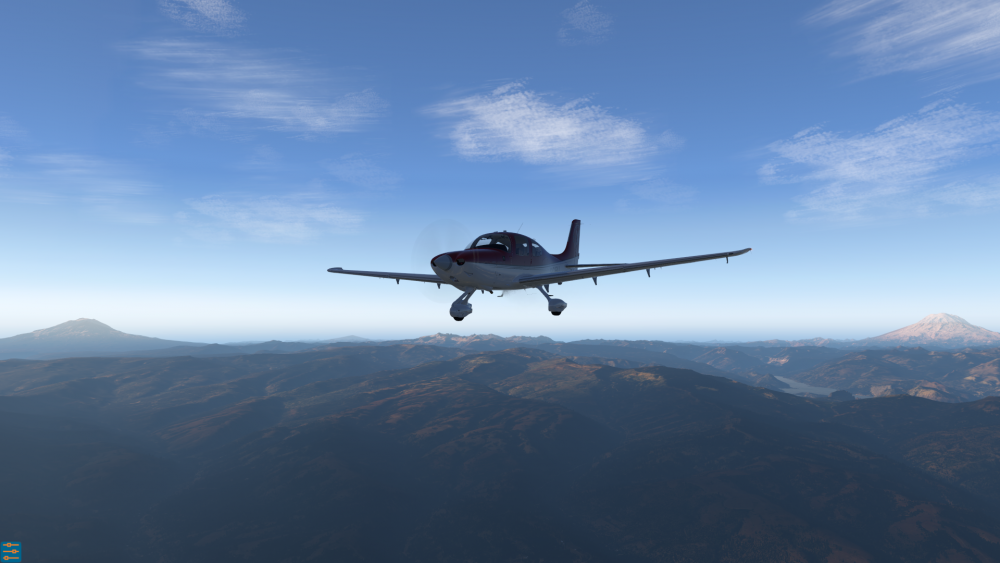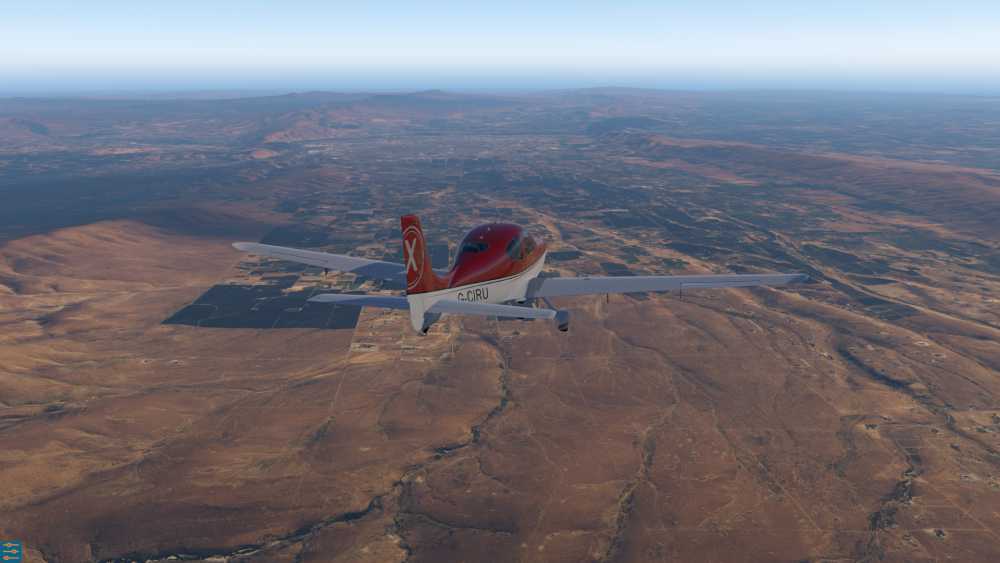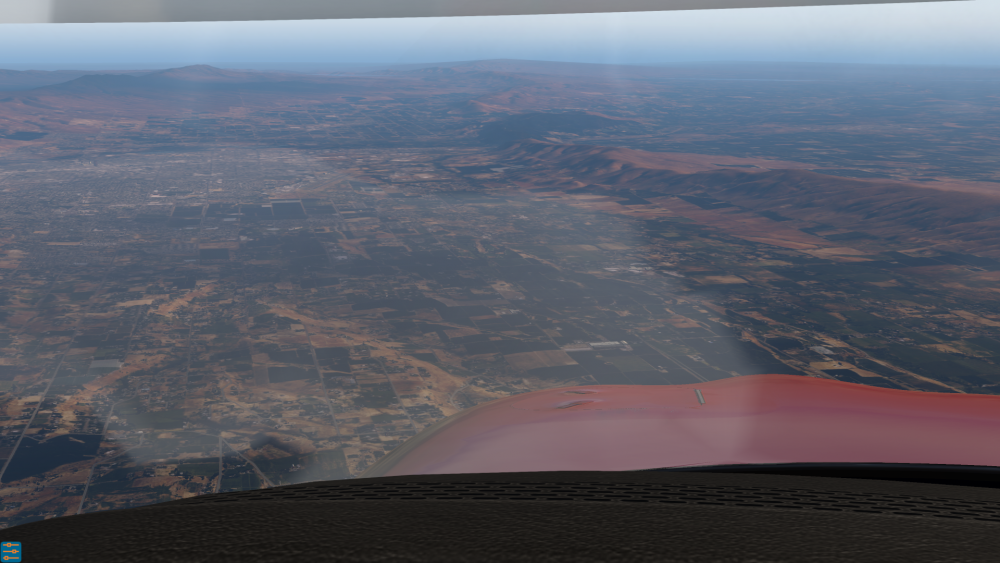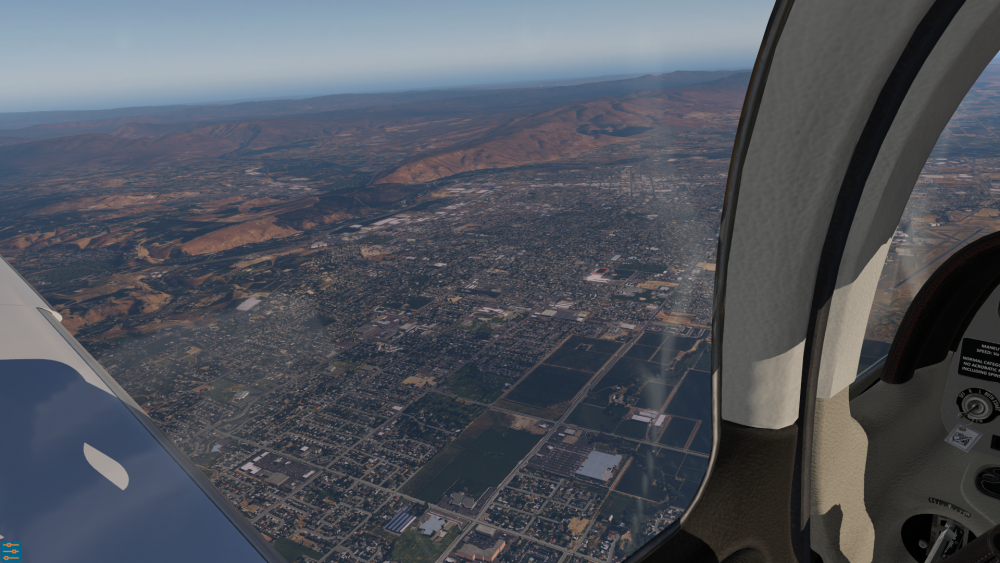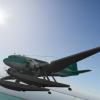Search the Community
Showing results for tags 'Cirrus'.
-
NOTE! All current customers of the Take Command!: SR22 Series and those that do purchase by November 12th, 2020 will receive a 40% discount on the SR20 valid for 30 days. A unique discount code will be sent to you prior to release of the SR20. TorqueSim, RealSimGear, and X-Aviation are excited to announce the SR20 for X-Plane will release this Friday (November 13th) @ 12PM Noon EST! The SR20 is the culmination of thousands of hours of work, building on top of our recently released Take Command! SR22 Series to create the highest of quality aircraft. The X-Aviation Take Command! brand of products represents the very best of flight simulation immersion, and assures you this TorqueSim product is one of the most sophisticated, study sim level aircraft available for X-Plane! Real world pilots test and assist in the development of these products, and real world procedures are followed. It tells you these products are unlike any other product you’ve seen outside of the ever growing X-Aviation catalog! Want to feel like a real captain? Take Command! While on the surface, the SR20 seems quite similar to the SR22, there is much more changed than what immediately meets the eye. We have worked to develop a fully custom engine model to implement the Continental IO-360-ES engine, with all its proper behaviors and quirks. With the systems, we had to go in and make the systems match a proper G3. The 3D model throughout is significantly revamped to match. This aircraft will be the perfect addition to any simmer’s hangar! The Take Command! SR20 is designed to work perfectly with the RealSimGear G1000 and Cirrus Perspective Hardware. Learn more about the hardware options here! The aircraft will be sold separately from the SR22 Series. A discounted upgrade price will be available to those who already own the SR22 Series before Friday. As with the SR22 Series, this is for personal use only, contact us for information on commercial pricing. You can learn more about the Take Command! SR20 here. See the product page here!
-
- 2
-

-

-
- cirrus
- take command sr20
-
(and 2 more)
Tagged with:
-
Following the wonderful reception of the TorqueSim/RealSimGear Take Command! SR22 Series, we have been hard at work developing the Take Command! SR20 to complement it! This is not a simple modification: it is a product of thousands of hours of work, creating the highest quality rendition of the aircraft for X-Plane. The X-Aviation Take Command! brand of products represents the very best of flight simulation immersion, and assures you this TorqueSim product is one of the most sophisticated, study sim level aircraft available for X-Plane! Real world pilots test and assist in the development of these products, and real world procedures are followed. It tells you these products are unlike any other product you’ve seen outside of the ever growing X-Aviation catalog! Want to feel like a real captain? Take Command! While on the surface, the SR20 seems quite similar to the SR22, there is much more changed than what immediately meets the eye. We have worked to develop a fully custom engine model to implement the Continental IO-360-ES engine, with all its proper behaviors and quirks. With the systems, we had to go in and make the systems match a proper G3. The 3D model throughout is significantly revamped to match. This aircraft will be the perfect addition to any simmer’s hangar! The Take Command! SR20 is designed to work perfectly with the RealSimGear G1000 and Cirrus Perspective Hardware. Learn more about the hardware options here! The aircraft will be sold separately from the SR22 Series. A discounted upgrade price will be available to those who already own the SR22 Series by release day. As with the SR22 Series, this is for personal use only, contact us for information on commercial pricing. The SR20 will be available in just a few short weeks! You can learn more about the Take Command! SR20 here. As always, from the TorqueSim, RealSimGear, and X-Aviation teams, thank you!
-
- 1
-

-
- take command sr20
- sr20
-
(and 3 more)
Tagged with:
-
We are excited to share what we have been working on behind the scenes for the last month and a half! We last shared about how we are integrating the many unique aerodynamic features of the SR22 into the model, this has been further refined along with our custom engine model (which was discussed here). While refining our custom systems has been a top priority for the development team, our 3D artist Steaven has also been hard at work, making one of the best 3D models for an X-Plane aircraft to-date! RealSimGear Integration Our rendition of the SR22 aircraft has designed from the onset with the hardware customer in-mind. Our aircraft will integrate perfectly with the RealSimGear Perspective Hardware, providing the ideal home flight simulator. The RealSimGear Cirrus Perspective hardware package will work out of the box with the new aircraft providing a fully integrated and easy to configure home training solution for people wanting to learn and practice flying real Cirrus aircraft. The PFD and MFD screens will automatically display the screen contents when the aircraft is loaded, all buttons and knobs will be pre-configured. This makes it possible to practice the exact same workflows and procedures you would normally encounter during a real world flight, including full checklist operation, flight plan loading and instrument approaches. This coupled with the extremely realistic engine and system modeling means that flying with the simulated aircraft combined with realistic hardware provides an incredibly effective home training platform. 3D Modeling and Texture Update We have also nearly completed the 3D model and texturing process for the aircraft! The model has full 4K PBR texturing, with accurately replicated materials throughout (Even down to the style of fabrics and leathers used)! Engine Model Update The SR22 IO-550-N engine will be the most accurately replicated piston engine for X-Plane. The engine is simulated down to each individual component! Over the past few weeks, the engine model has been further refined and extensively enhanced in order to represent the proper behaviors of the IO-550-N as authentically as possible during normal, hot, cold, flooded and false starts. This is now supplemented by an extensive oil system and other features never seen before on piston engines in X-Plane, such as engine knock (detonation) based on real data as well as some unique characteristics pointed out by real Cirrus pilots on our testing team. The entire component-based simulation of engine, fuel, TKS and oxygen systems has also been integrated into a novel maintenance concept which organizes maintenance intuitively in the form of inspections. Our custom FMOD sound pack also benefits from the advanced physics-based system simulation. For example, when flooding the engine you will hear fuel dripping from the cylinder drain port. On the SR22TN you will hear the sounds of the turbochargers depending on their speeds. Electrical System Update We originally discussed the Electrical System back in February, detailing the level of depth of the system. We have further refined, tested, and validated the system in all of its various modes! We have developed an internal physics model simulating the lead-acid battery and its various behaviors. The behaviors of the Alternators and the Master Control Unit are also all simulated. The electrical system is a low-level physics simulation, when a switch is flipped on the plane, instead of simply checking for power on the bus, the SR22 simulation actually connects the “switch” tying the individual electrical item onto the power bus. This new logic allows for the many different states of the SR22 to be dynamically simulated at runtime. New Website! TorqueSim has a new website! Visit torquesim.com to check it out, our goal was to make everything easier to find and for the website to load quickly across the globe. We have split off the development blog from the main website, you can now find our development blog at blog.torquesim.com with our update blog posts and more.
-
Hello all, I was conducting some reprogramming of a couple of display units I developed in Air-Manager, to better interact with this new SR22 model. While doing this, the plane wasn't moving nor was the engine running. Then all of a sudden I saw the PDF go off, and it wasn't me ! Now, no matter how many reboots and restarts, the MFD will not display anything but a black screen. Then I noticed the worse thing, the plane will not crank the engine at all. So the plane will not start (will not even crank), and PDF seems dead. What am I missing? __________________ Best regards, Mark
-
Aerodynamics is one of many reasons why we all love X-Plane. That’s also why, just like with the engine, aerodynamics on the TorqueSim SR22 have been designed to take full advantage of the simulator’s capabilities and get as close as possible to the real world equivalent. Therefore a professional flight model of the SR22 was created by X-Aerodynamics in 2018 – over many months of work using all available resources and documents. It is up to the most recent standards and greatly benefits of the flight model improvements introduced with version 11.41 of the simulator and is ready for 11.50. Key features Highly accurate cruise speeds and rates of climb Precise matching of stall speeds and glide ratio Correct take-off and landing distances Spot-on shape of the aircraft body to supply the most accurate input for X-Plane´s flight model effects Accurate control surface areas and deflections for realistic turn rates Special features A stack of custom airfoils ships with the flight model to resemble the scimitar-shaped propeller as well as the Roncz wing profile introduced with G3 of the SR22 which has some interesting characteristics: Cuffed Wing Design This term refers to the non-continuous leading edge with its characteristic droop on about the outboard half. Thus the outboard section features a lower angle of incidence than the inboard section and is still flying while the inboard part is already stalled. Stall Strips The real wing offers stall strips to complete the cuff effect, and our airfoil polars contain modifications in the places where these are located to accurately account for their effect. Stall strips are small attachments mounted at the leading edge located on the wing´s root, triangular in shape. At high angles of attack, they trip the laminar boundary layer at a location where stall is most favorable to onset, causing earlier flow separation and consequently a sooner stall than on the outer wing portions. Together with the cuffed wing design, the SR22 wing is engineered to stall from inboard to outboard, allowing for maximum roll control and spin prevention way into the stall.
-
COVID-19 Status: We would like to take a moment to share our well wishes to everyone during this unprecedented COVID-19 pandemic. Currently, all members of our team are healthy, and as we work remotely already, work is progressing normally. As always, safety and health remain paramount to us. Best wishes, Steaven McKenzie and Cooper LeComp Managing Partners, TorqueSim Aircraft Development The TorqueSim Pocket Rocket is on the final day of its sale (45% off), returning to normal pricing on Sunday, March 22 at midnight eastern time. If you want a fun aircraft to add to your fleet when you are stuck at home, we’ve got you covered! And now for our update, written by Marius Bohn, a developer at TorqueSim: A fully custom engine model: Enhanced or custom engine and failure models are becoming increasingly established in flight simulation, but are usually not able to trace the characteristics, peculiarities and limits of an aviation internal combustion engine back to a well-founded model, because there is a lack of physical basis and often simple, schematic relationships are used. Unfortunately, this often leads to confusion and resentment even among real pilots, including myself. Our SR22 and SR22TN will therefore be the first aircraft to be equipped with a technology I have been working on for the past two years which is fundamentally new in X-Plane – as the aircraft nears completion, I have the honor of introducing you to the results of this work in the coming weeks, which will also cover flight model, TKS and oxygen systems, but this week we will start with the engine – the Continental IO-550-N, delivering 310 hp at 2,700 RPM. Why go beyond X-Plane’s engine model at all? X-Plane’s piston engine model is great in being generic and it provides a good approximation of all relevant performance parameters for a wide range of different engines. However, at its core it is configured by only a handful of parameters and can therefore be quite unprecise in individual cases, sometimes large discrepancies in the combinations of power parameters can be found and the power curve does not fit every concrete model. It also does not reflect the dynamics and inertia of an internal combustion engine very well, and those of turbochargers practically not at all. Based on scientific literature, I have succeeded in integrating an approach to simulate an aircraft piston engine in X-Plane, which maps the mass flows of air and fuel in each part of the engine in real time. Air enters through the air filter, flows through ducts, passes obstacles like the throttle plate, burns the fuel and leaves the engine as exhaust gas. Pressures and temperatures are calculated in each section, the system is modular and can map even complex induction systems like the one on the SR22TN. With the Tornado Alley turbo-normalizing system installed, the full performance capability of the engine model comes into play, as compressors, intercoolers, wastegate and turbines also have their places in the calculation of air flows and pressures. The output is not simply made to fit, it requires many real input parameters such as the shape of the throttle plate or ducts or a turbocharger map for the TN, all of which have been carefully researched and integrated in months of work – but everything else just falls into place, finely tuned to match the documentation of the real aircraft within a few percent across the entire normal flight envelope. We have made no compromises here! Also regarding your framerate, the architecture is heavily multithreaded and has virtually no performance impact on X-Plane. Does it have other advantages as well? The biggest advantage of this approach is the fact that the masses of air and fuel are available at hand and therefore the air-fuel ratio in each individual cylinder. So it is known at all times whether fuel is able to burn at all and how efficiently. You will notice this when priming and starting, when flooding the engine or when leaning – the EGT of the cylinder with the first peak will decrease while all others are still increasing! You will even have the possibility to turn some engine set screws which a mechanic in reality also has to adjust for example maximum fuel flow or manifold pressure target on the turbo-normalized. Inertia and dynamics are directly visible in the evolutions of fuel flow and manifold pressure when moving the power lever, especially in the TN. Turbocharger speeds are calculated and they need time to accelerate – just like the wastegate does to compensate for you advancing that power a bit to quickly on takeoff and the resulting overboost by allowing parts of the exhaust to bypass the turbine! The fuel system has been treated in the same way as the air system, from tanks to the injector nozzles. You will notice fuel sensors and strainers that are sensitive to bank. Fuel lines which take time to empty and fill, engine-driven and boost pumps with fuel pressures following real evolutions. Since the model simulates the engine down to its smallest components, it offers the optimal conditions for a very fine wear and failure system. Just imagine, on a hot day with warm fuel, to quickly climb up to the flight levels and forget about the boost pump – vapor lock will certainly be waiting for you! Or think of an induction system leakage at FL250 which makes you lose all your manifold pressure, followed by a steep descent cooling down the engine and wearing out the cylinders – but thankfully the SR22’s propeller control is connected to the throttle lever, which limits engine speed to 1,900 RPM at low power settings. There are so many more advantages to this you will still be able to discover yourself.
-
It has been a few weeks since the last update and we are excited to share all the progress we have made! First off, we now have the SR22 3D model integrated and flying in-sim! This is a huge milestone for us, as this means we will soon be entering our closed beta stage. We are also excited to announce that another developer has joined our team, Marius Bohn! Marius has been working on an engine model for the IO-550 for over a year, and we are in the process of integrating the custom engine model, custom oxygen system, custom anti-ice system, and more. We have put together a preview of our current progress on the FMOD sound pack here: Check out the next previews by clicking here!
-
Since we are finalizing the external texturing of the SR22, it is almost time for us to start making liveries! Here are some livery ideas we have, we look forward to see ones you want made posted below! C-GBIV: D-ECZZ: D-ERBD: G-VBPM: HB-KTL: N115DJ: N206SM: N360CD: N509CM: N554CB: PR-RLD: VH-XVC:
-
vFlyteAir's SR20 made the hop from Centralia to Yakima an absolute joy. I passed between Mount Ranier to my north, Mount Saint Helens to my southwest, and Mount Adams to my southeast. Once I overflew Rimrock Lake, the metropolis of Yakima exploded beneath me. After an extended downwind to bleed off some altitude, I put down nice and easy on Runway 22.
-
Escape from Henderson in a Cirrus SR20 I hope you like it and happy new year 2016!!
-
- Cirrus
- happy new year
- (and 4 more)




